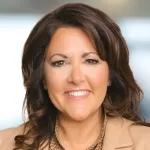
Claudia Pazmany
Martin Luther King Jr. Family Services (MLKFS) named Claudia Pazmany as its new chief Development officer. She will be responsible for developing a sustainable institutional development effort to both support existing programs and expand them to serve the emergent needs of the organization’s clients. Pazmany had served as a volunteer member of the MLKFS development committee before being appointed to her new position. Pazmany, who most recently served as executive director of the Amherst Area Chamber of Commerce, brings a history of professional fundraising with a career total of raising more than $15 million in a development capacity for the Women’s Fund of Western Massachusetts, Providence Ministries, and other organizations. She also serves as volunteer, advisory board member, and former board president of CHD’s Big Brothers Big Sisters of Hampshire County, a development committee member of the United Way of Franklin & Hampshire Region, and as a 2020 and 2021 EforAll Pioneer Valley mentor. In 2021, Pazmany received a citation from the Massachusetts House of Representatives for her leadership role in supporting Amherst’s small businesses throughout COVID, leveraging more than $2 million in small-business assistance. She was honored with the Family 2022 Outreach Center’s Helen Mitchell Community Service Award for conceptualizing and implementing a program that provided restaurant relief while feeding families who were disproportionately impacted by COVID. She was also honored as a 2023 BusinessWest Difference Maker along with Amherst Business Improvement District Executive Director Gabrielle Gould for their partnership and leadership to build a stronger community throughout COVID. Pazmany earned a bachelor’s degree with concentrations in French and business from UMass Amherst, and an MBA from Isenberg School of Management at UMass Amherst. She earned a program leadership certificate from the Women’s Fund of Western Massachusetts’ Leadership Institute for Political and Public Impact.
•••••

Peter Banko
The Baystate Health board of trustees announced it has appointed Peter Banko as Baystate Health’s new president and CEO. He succeeds Dr. Mark Keroack, who previously announced his plans to retire after serving as the system’s leader for 10 years. An executive experienced in leading multi-faceted health systems in markets throughout the country, Banko was chosen after an extensive national search by the board of trustees. Banko will officially join Baystate Health at the beginning of June. Banko most recently served as president and CEO of Centura Health in Centennial, Colo., which was part of the national CommonSpirit Health system. The $3.8 billion hospital and health-services system comprised more than 20 owned and affiliated tertiary and rural hospitals, an extensive network of physician partners, and numerous community-based services and clinics across Colorado, Kansas, and Utah. Banko, a native of New Jersey, started his calling in healthcare as a junior volunteer and has served in CEO-level roles for several health systems for nearly two decades. He has an industry reputation of leading innovation, transformation, integration, and partnerships with hospitals, physician groups, and health plans. He earned his bachelor of business administration degree from the University of Notre Dame and his master of health administration degree from the Sloan Program in Health Services Administration at Cornell University.
•••••
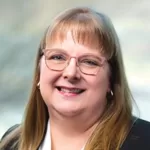
Vicki Baldyga

Amber Messer
Monson Savings Bank announced that Vicki Baldyga, former Ware branch manager, and Amber Messer, former assistant Ware branch manager, have transferred to the bank’s Wilbraham branch to take the helm as the new management team of the 100 Post Office Park location. Baldyga has 25 years of experience in the banking industry, 17 of which have been in branch management. She has been employed with Monson Savings Bank for five years. Committed to expanding her knowledge and skill set, she is currently enrolled in the Massachusetts Bankers Assoc. New England School for Financial Studies and holds several diplomas and certificates from the Center for Financial Training. In her role as Wilbraham branch manager, she will be responsible for planning, organizing, and directing branch operations. She aims to foster an environment of teamwork and provide a high level of leadership to her team, as well as provide a high level of customer service with a positive, respectful, and courteous attitude. Baldyga is very involved in the local community, volunteering at Crossway Community Clothing Outreach, serving on the board of the Three Rivers Chamber of Commerce, and donating blood to the Red Cross. Messer began her banking career as a customer service representative and teller at Monson Savings Bank six and a half years ago. Throughout her career, she has proven to be an asset to the bank and has achieved several promotions, ultimately attaining the position of assistant branch manager. In 2023, she was a nominee for Monson Savings Bank’s President’s Award. She was recognized by a peer for her commitment to customer and community service, teamwork, and excellence. She has also received several customer-service excellence awards during her time with the bank for going above and beyond. As the assistant Wilbraham branch manager, Messer will support Baldyga to manage the branch. She will also assist customers with their banking transactions, drawing on her extensive knowledge of bank products and services, while promoting an atmosphere of positive staff morale by inspiring trust and respect.
•••••
Country Bank announced the appointment of Clare Ladue as the assistant vice president of the Customer Care Center. With 30 years of financial-service experience, she brings a wealth of knowledge and leadership to her new role. Ladue graduated from Massachusetts Bankers Assoc. New England School of Financial Studies. She has a commercial lending certificate from the Massachusetts Bankers Assoc. and numerous professional leadership certifications. Throughout her career, she has gained extensive experience in banking, including retail banking, deposit operations, commercial lending, and regional management, making her the ideal candidate to lead Country Bank’s Customer Care team. Her connection to the local community is evident through her previous involvement as an executive committee member of the Quaboag Hills Chamber of Commerce. She has also participated in numerous charitable initiatives, including the Walk of Champions, Junior Achievement, Rays of Hope, Lorraine’s Soup Kitchen, and Link to Libraries. Her dedication to making a positive impact aligns with Country Bank’s core values.
•••••
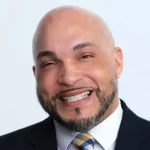
Hector Suarez
bankESB recently hired Hector Suarez as assistant vice president, branch officer of its Sargeant Street office in Holyoke. Suarez grew up in Holyoke and Puerto Rico and has nearly 30 years of banking experience. He says he is passionate about providing a customer-first experience and brings an extensive background to his new role, where he will manage the Holyoke office team while fostering relationships within the community. Prior to joining bankESB, he was a vice president, branch manager at M&T Bank, People’s United Bank, and United Bank. Before that, he was a branch manager at Key Bank and First Niagara Bank, as well as a personal banker with Baybank, BankBoston, FleetBoston, and Bank of America.
•••••

Seth Clark
bankESB recently promoted Seth Clark to wire transfer officer, based in the 36 Main St., Easthampton office. Clark has 11 years of banking experience and has held a variety of positions since joining bankESB in 2013, including wire transfer manager, assistant branch manager, personal banker, and senior teller. He holds a bachelor’s degree from Westfield State College. Outside of work, he has been a part-time church organist in Westhampton and Holyoke for 20 years.
•••••
Alignable, an online networking platform for business owners, invited its more than 8.7 million members to shout out local business leaders who have gone above and beyond guiding peers and supporting entire communities amid challenging economic conditions. The network announced that Judy Herrell of Herrell’s Ice Cream has again been elected Northampton’s 2024 Businessperson of the Year. Alignable’s 2024 Local Businessperson of the Year contest reached unparalleled participation levels, logging more than 309,000 votes, more than 64,000 recommendations, and more than 5,100 local winners across the U.S. and Canada. It was most popular competition Alignable has hosted in more than five years, marking a 40% jump in participation over 2023. Winners were commended for helping their peers and communities through a year with many challenges, including rising interest rates and rents, not to mention skyrocketing supply costs.
•••••
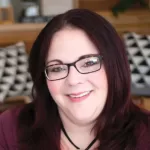
Jessica Roncarati-Howe
The board of directors of Dress for Success of Western Massachusetts (DFSWM) announced that Jessica Roncarati-Howe is the organization’s new executive director, effective March 1. Candidates were vetted by a volunteer hiring committee and the board of directors. After four years with DFSWM, most recently as director of Programs and Operations before taking on the interim executive director role, Roncarati-Howe has an intimate understanding of the work of the organization. Before joining DFSWM, Roncarati-Howe held several leadership roles, including executive director of both the AIDS Foundation of Western Massachusetts and the Greater Chicopee Chamber of Commerce. She has dedicated her career to promoting dignity and quality of life in the community and has 20 years of experience in the nonprofit sector, focusing on program development, management, board governance, and leading mission-based organizations toward maximum community impact. She earned a bachelor’s degree in English and fine arts from Elms College and a master’s degree in nonprofit management and philanthropy with a certificate in fundraising from Bay Path University.
•••••
Caolo & Bieniek Associates Inc. announced that Principal Bertram Gardner has been selected as the recipient of the 2024 Donald & Lois Prescott Founders Award by the Boys & Girls Club of Chicopee. This recognition is awarded annually to individuals who demonstrate outstanding commitment to the youth, community, and mission of the club. Each year, the Boys & Girls Club of Chicopee carefully selects community members who exemplify dedication and support toward the club’s vision. Gardner has been chosen as this year’s recipient in acknowledgment of his inspirational commitment, vision, courage, enthusiasm, and leadership. The Donald & Lois Prescott Founders Award, initiated at the Centennial Gala in 2012, honors the legacy of Lois Prescott and the late Donald Prescott, a longstanding member of the club’s board of directors.
•••••
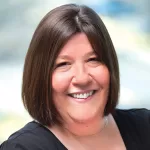
Shannon Ortona
Monson Savings Bank announced the recent promotion of Shannon Ortona to Ware branch manager. In addition to her new role, Ortona will continue to serve as the bank’s IRA administrator. She is now based out of the Ware branch, located at 136 West St. Prior to joining the Monson Savings Bank family 11 years ago, Ortona began her banking career with Chicopee Savings Bank. After five years there, where she held the positions of full-time teller, senior teller, and head teller, she accepted the position of customer service associate supervisor in Monson Savings Bank’s Ware branch. During her tenure with the bank, Ortona has earned positions of increasing responsibility. She became the assistant branch manager of the Ware branch and became a certified IRA specialist through Ascensus. Prior to her most recent promotion, she worked as the Wilbraham assistant branch manager. In her new role, she will draw on her extensive experience and knowledge of retail banking. She will be responsible for planning, organizing, and directing the Ware branch’s operations. She will also aim to foster an environment of teamwork within the branch and provide her team with a high level of leadership. She will work with customers to conduct various banking transactions and help them reach their financial goals. Ortona is board member with the Ware Business Civic Assoc.
•••••
Aaron Lansky, founder and president of the Yiddish Book Center, announced he plans to retire in June 2025. Lansky founded the Yiddish Book Center in 1980 as a 24-year-old graduate student, and since then, the organization has rescued more than 1.5 million Yiddish books, created educational programs that bring the language and culture to new audiences, documented the oral histories of more than 1,300 narrators, created a publishing imprint devoted to Yiddish translation, and much more. Susan Bronson, who has been the center’s executive director for 14 years and holds a doctorate in Russian and Jewish history, will succeed Lansky as president.
•••••
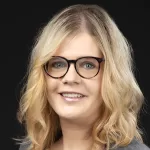
Heather Rush
Market Mentors LLC recently welcomed Heather Rush to its team as associate creative director. She arrives with more than 20 years of experience in everything from graphic design, photography, and copywriting to creative direction, art direction, and brand development. In her previous roles, Rush has been immersed in all things creative, from storyboarding, strategizing, and conceptualizing to brand development and implementation, photography, and video shoots. Over the past six years, she managed a marketing team of designers and project editors and launched campaigns and products through digital and print channels. A graduate of Elms College with a degree in commercial arts, Rush is a member of the American Institute of Graphic Arts. She has received the Moonbeam Children’s Book Award for book-cover design and layout, and several awards for book-series design from BookBuilders of Boston, which also awarded her the 2017 iPad App UX/UI design award. An avid painter, she recently spent two weeks in Italy on a watercolor painting intensive. Active in the Hampshire County community, Rush is a team captain and team organizer/top-50 fundraiser for the Hot Chocolate Run for Safe Passage, a member of the Easthampton Farmers and Makers Market committee, and a volunteer with Easthampton Arts.
•••••
Francis “Sandy” Dibble, John Pucci, and Jeffrey Roberts, attorneys at Bulkley Richardson, have been recognized by Super Lawyers for 20 consecutive years, coinciding with the 20th anniversary of Massachusetts Super Lawyers. According to Super Lawyers, there are 42,635 attorneys registered with the Massachusetts state bar, but only 264 attorneys selected to Super Lawyers all 20 years, making this an elite group of 0.6% of attorneys in the state. Dibble, partner, has been recognized in the area of business litigation. He has tried and won, or favorably settled, significant cases for a wide range of clients throughout the U.S. Pucci, partner, has been recognized in the area of criminal defense: white collar crimes. He is one of Massachusetts’ top trial lawyers, representing individuals and companies in complex civil and criminal litigation of all kinds in both state and federal courts. Roberts, counsel, has been recognized in the area of estate & probate. He has handled many sophisticated estate-planning matters throughout his career, as well as corporate work and business transactions, primarily for closely held companies.
•••••
Tech Foundry, the regional leader in IT workforce development and training, announced the appointment of 12 new members to its board of trustees. Hailing from a wide variety of professional backgrounds and including an alumnus of the organization’s 18-week IT support training program, the new slate of directors represents the diversity of the communities served by Tech Foundry. The organization welcomes Paul Nicholson (treasurer), Finance director at Wellfleet Insurance, and Briana Dawkins (clerk), associate attorney at Litchfield Cavo LLP in Simsbury, Conn. They join veteran officers Mike Walker (chair), retired financial-services professional at MassMutual Financial Group, and Delcie Bean (founder and immediate past chair), CEO of Paragus Strategic IT. New directors include Jay Ash, CEO of Mass Competitive Partnership; Everton Chin, director of IT at Travelers; Damon DePaolo, director of Human Risk Management at MassMutual; Samalid Hogan, CEO and principal consultant at Greylock Management Consulting; Xiaolei Hua, first vice president at PeoplesBank; Cindy Knowles, Strategy & Change Management lead at MassMutual; George Timmons, president of Holyoke Community College; and Hector Toledo, commercial lender and vice president at New Valley Bank. Patrick Streck, president and founder of Estli Consulting, returns to Tech Foundry after serving on the original board of advisors from 2013 to 2021. Salam (Sam) Zebian, Information Protection senior advisor at Cigna, graduated from Tech Foundry in 2017 and has been volunteering with the organization as a guest speaker since then. They join veteran board members Greg Bialecki, principal at Redgate; Ann McFarland Burke, owner of Ann McFarland Burke Consultancy; Dawn Creighton, Community Outreach officer at Liberty Bank; and Dianne Fuller Doherty, one of the original founders of the Women’s Fund of Western Massachusetts.
•••••
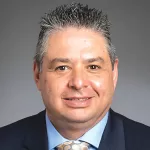
Hubert Benitez
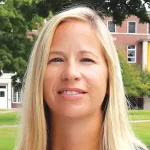
Nicolle Cestero
American International College (AIC) announced that Hubert Benitez plans to step down as president of the college at the end of the current academic year on June 7. Frank Colaccino, chair of the AIC board of trustees, said Nicolle Cestero, who serves as executive vice president and chief operating officer at AIC, will be appointed interim president immediately. In his letter of resignation, Benitez said, “I made this decision by engaging in a deep process of prayer and discernment, and after thoughtful consideration and reflection with my family, I have decided to focus on the next chapter of our lives.” Colaccino said the tenure of Benitez’s service as president of the college was marked by a number of progressive actions designed to promote the mission of AIC and his effective leadership in the development of AIC Reimagined, the strategic plan that will guide the initiatives undertaken by the college during the coming years. Cestero, who will serve as interim president until the next president is identified, has been with AIC since 2011 when she joined as associate vice president for Human Resources. She has served the college as chief of staff and most recently as executive vice president and chief operating officer. Prior to joining AIC, her professional journey began in New York City at the Council on Foreign Relations, a leading nonpartisan foreign-policy think tank in the U.S., focused on disseminating information to members, government officials, and the public on matters of international significance. She holds an MBA degree from AIC, a master of arts degree from the University of West Florida, and a bachelor of arts degree from Mount Holyoke College. According to Colaccino, as COO, Cestero has overseen the day-to-day operations of the college and played a key role in implementing AIC’s strategic plan.




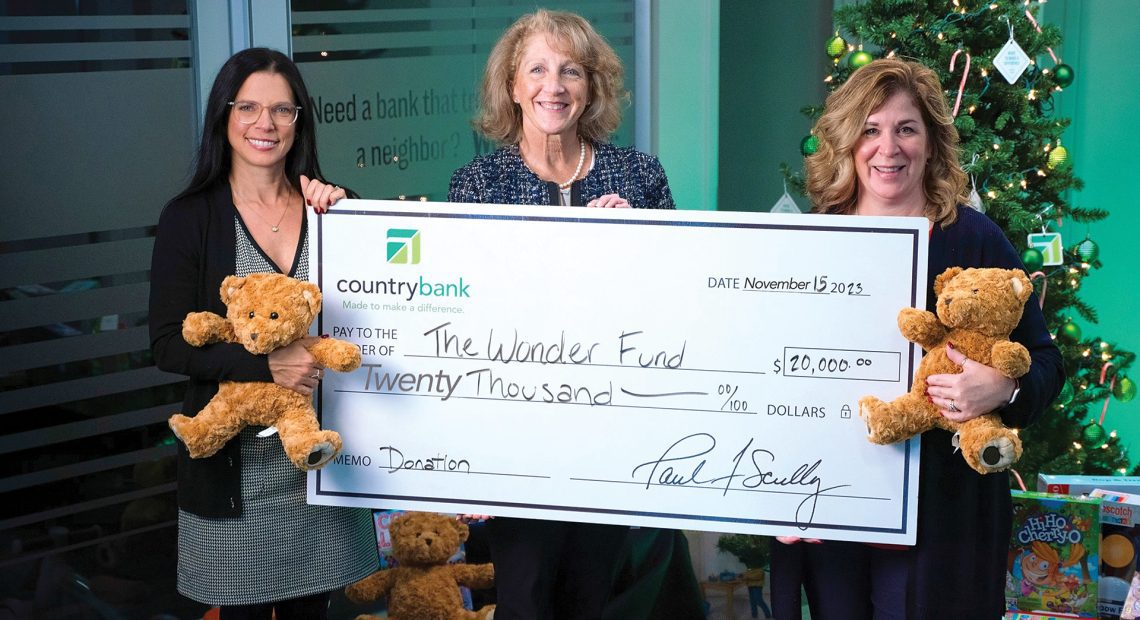

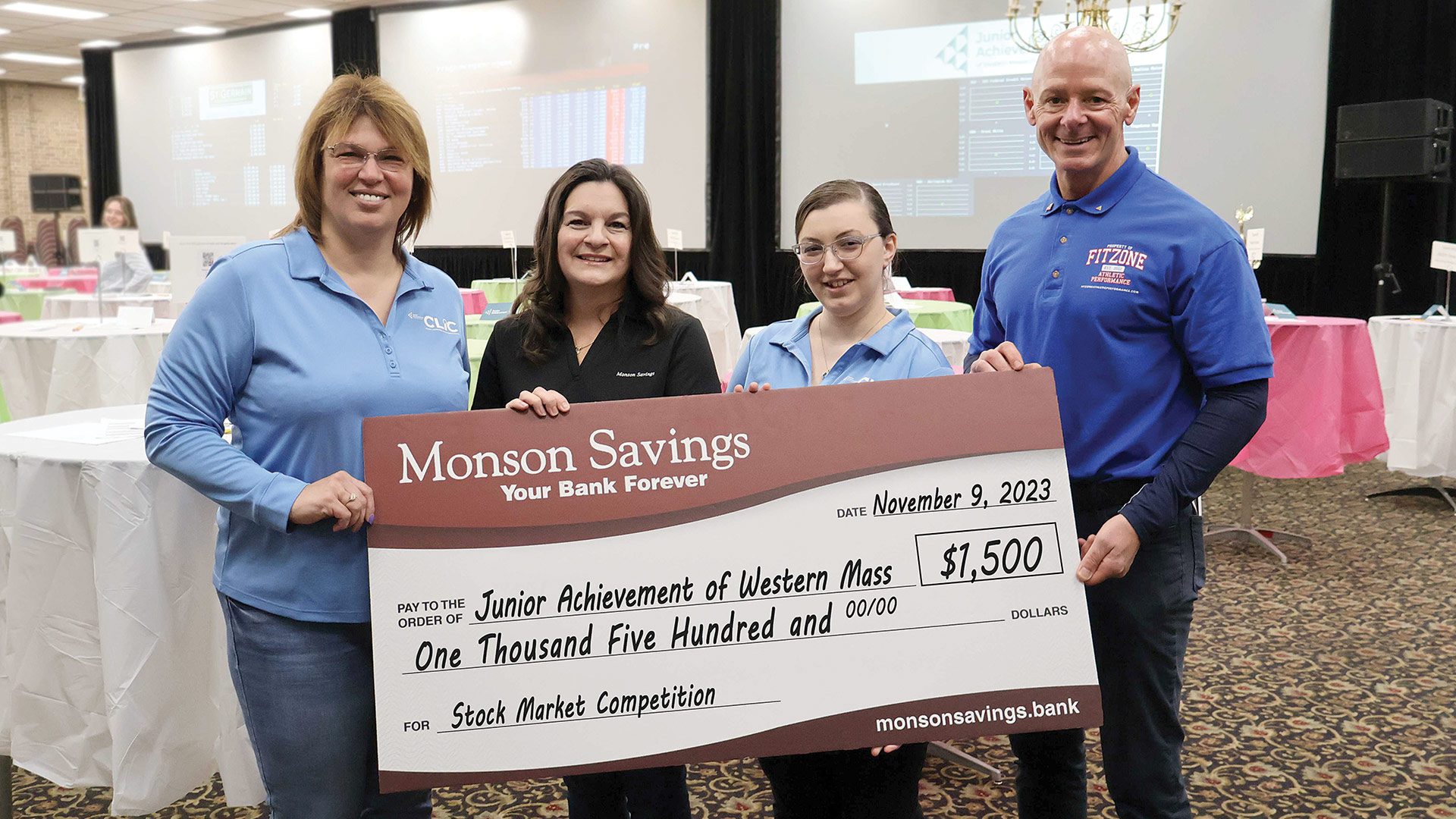

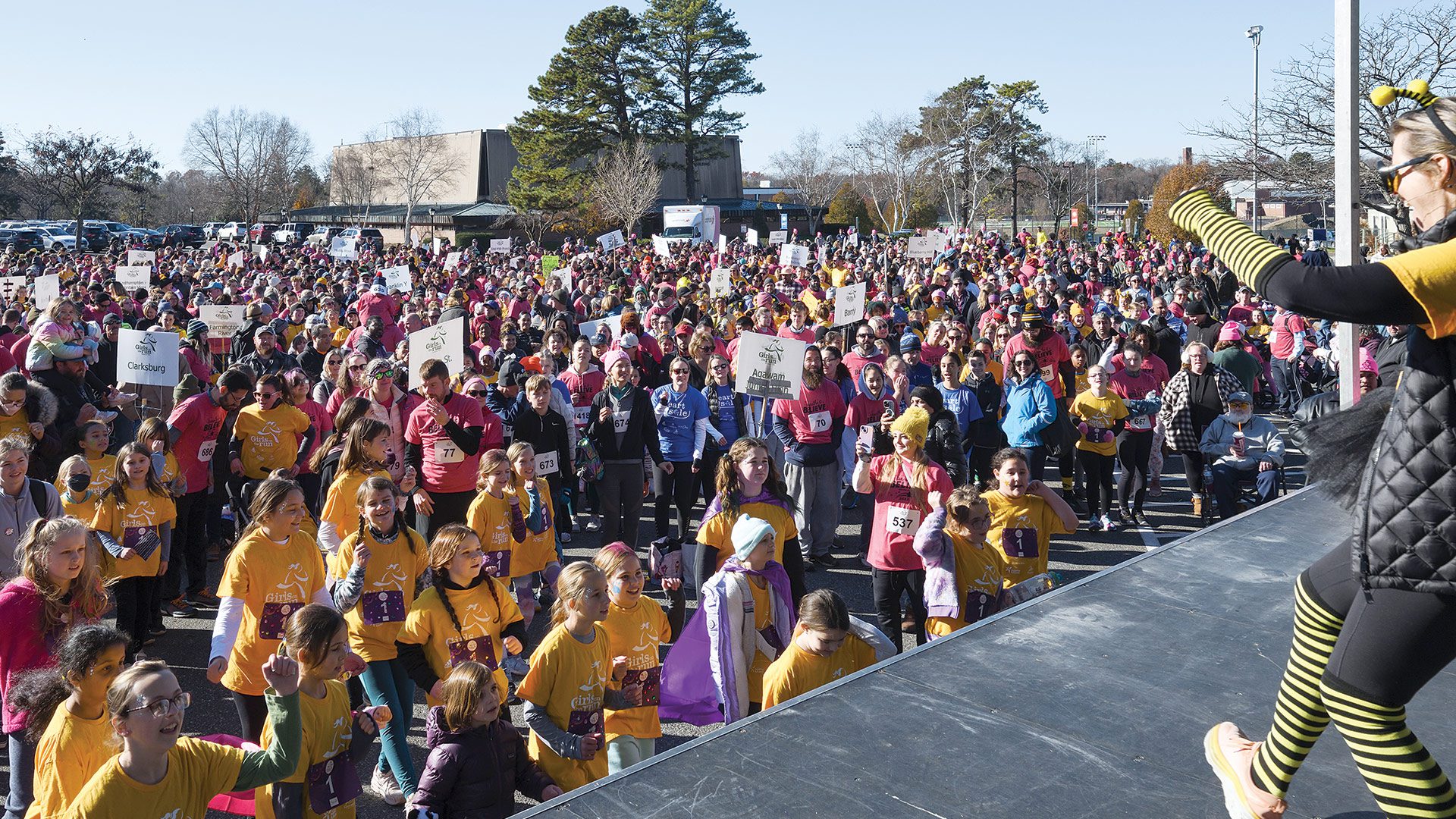





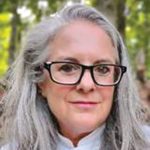


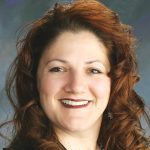
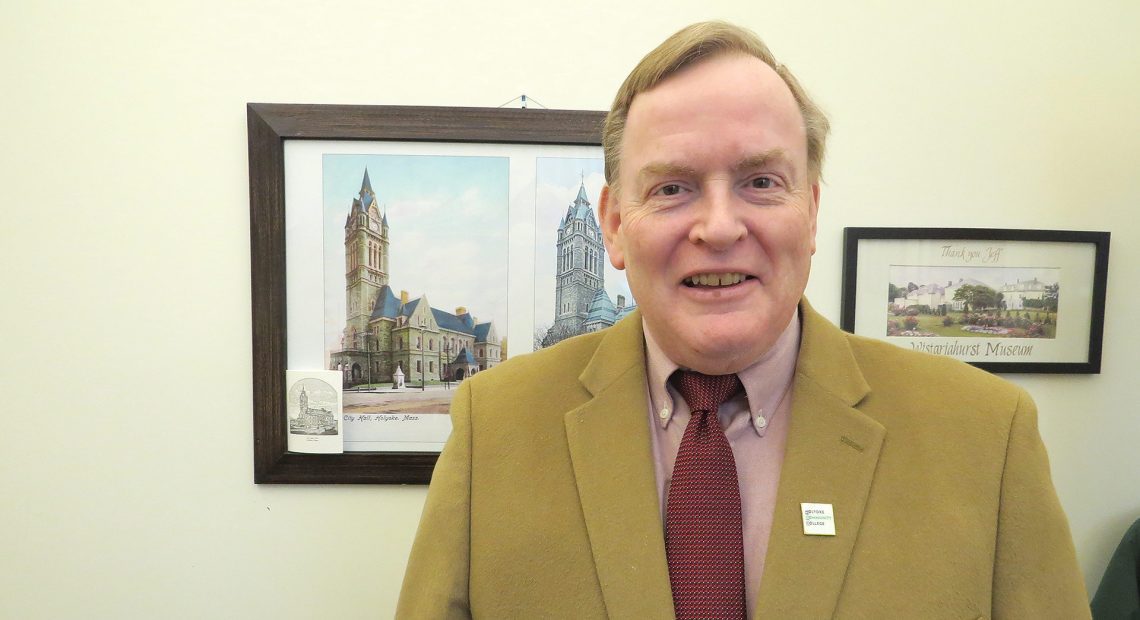
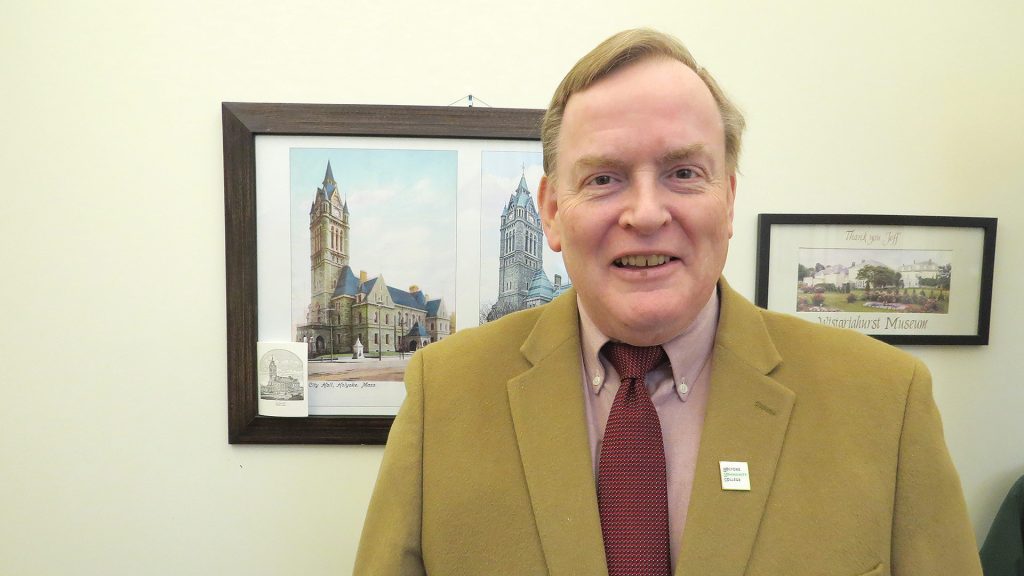
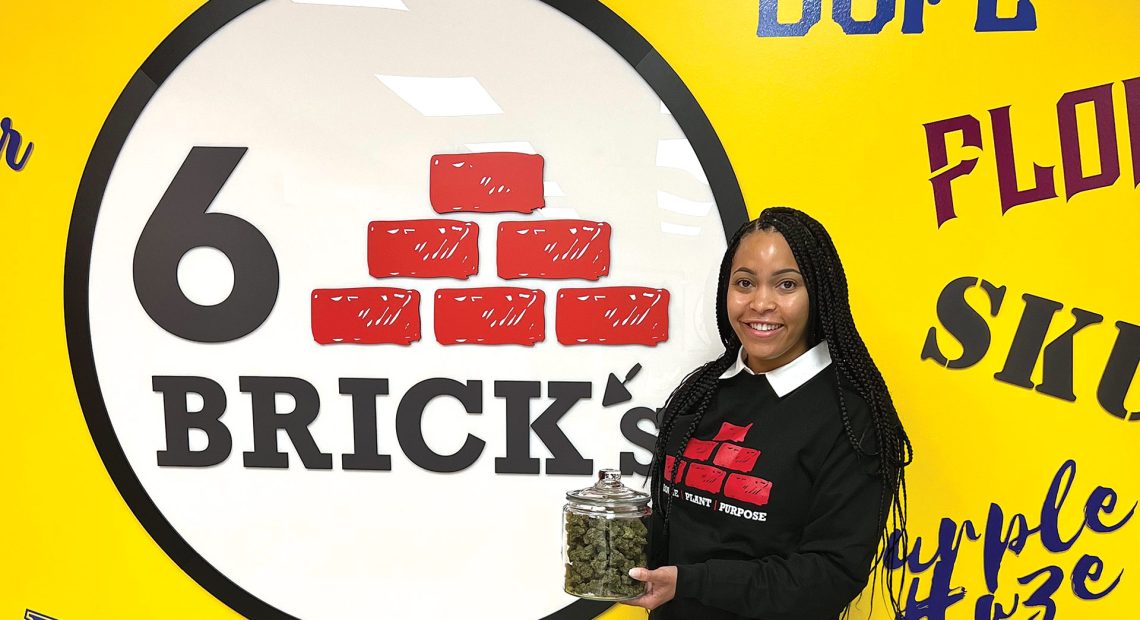
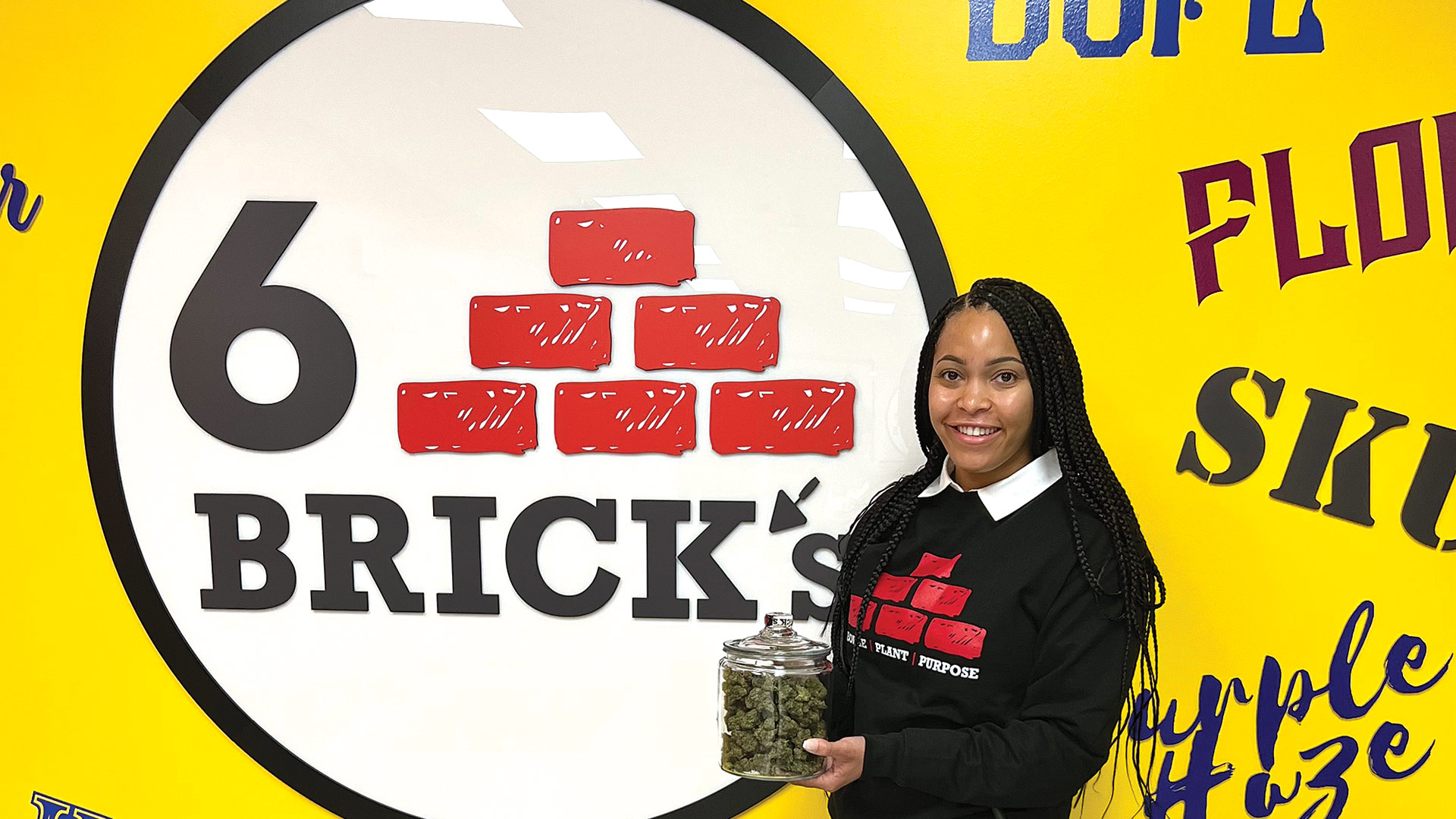
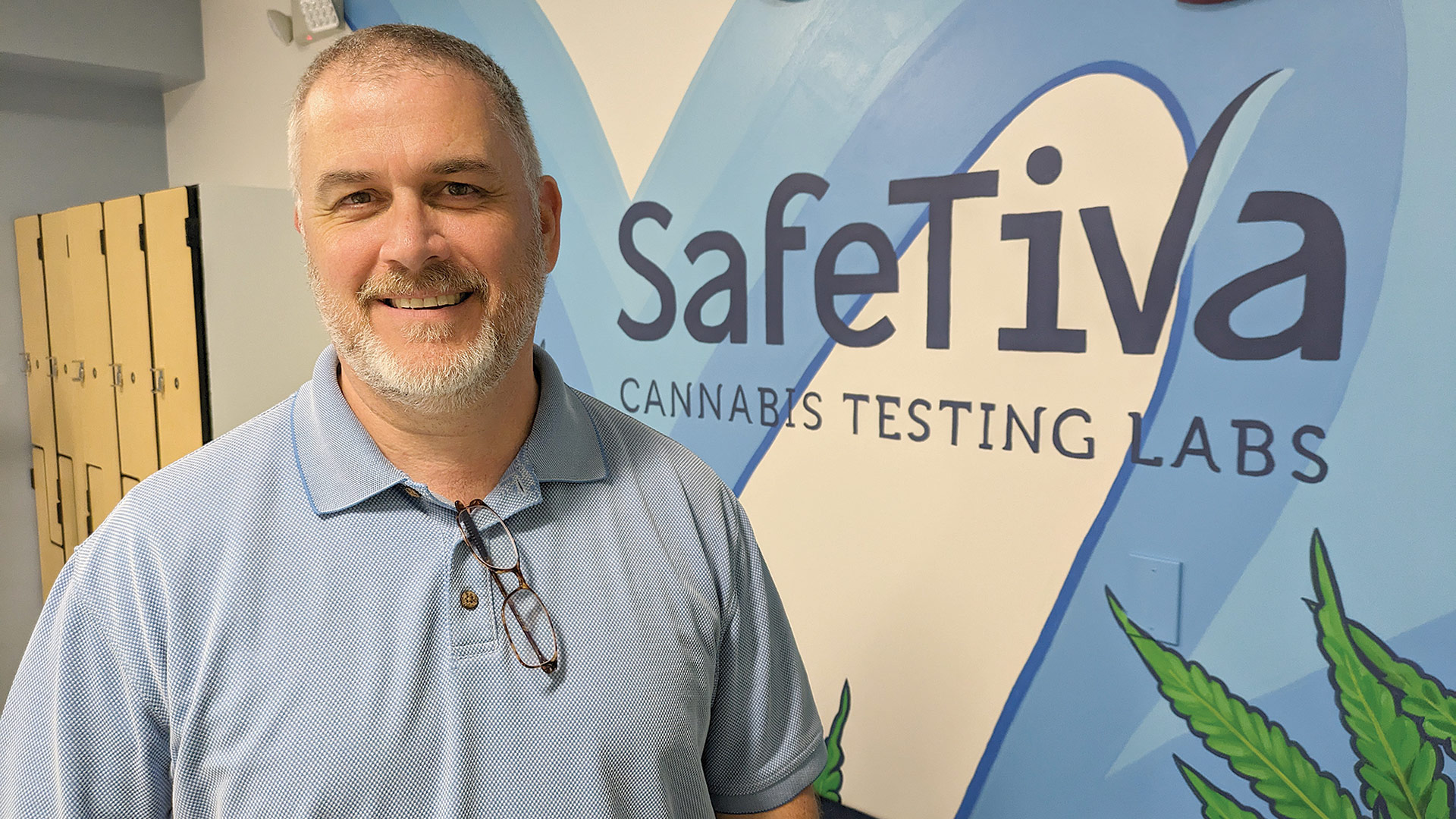

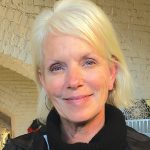



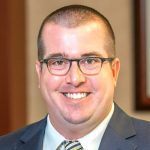








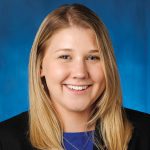




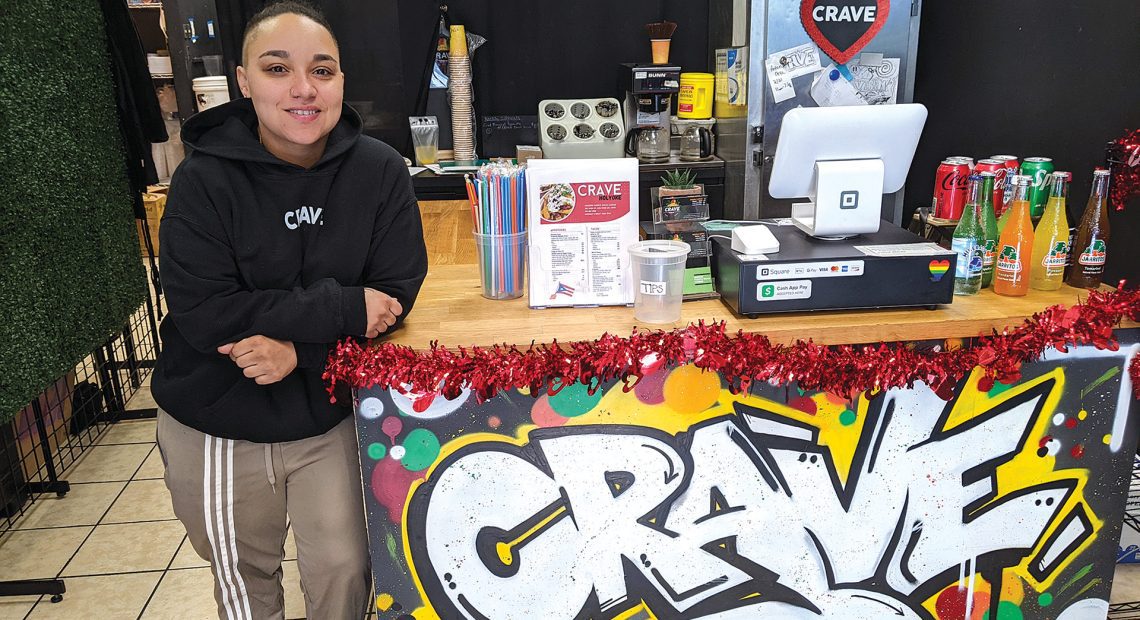
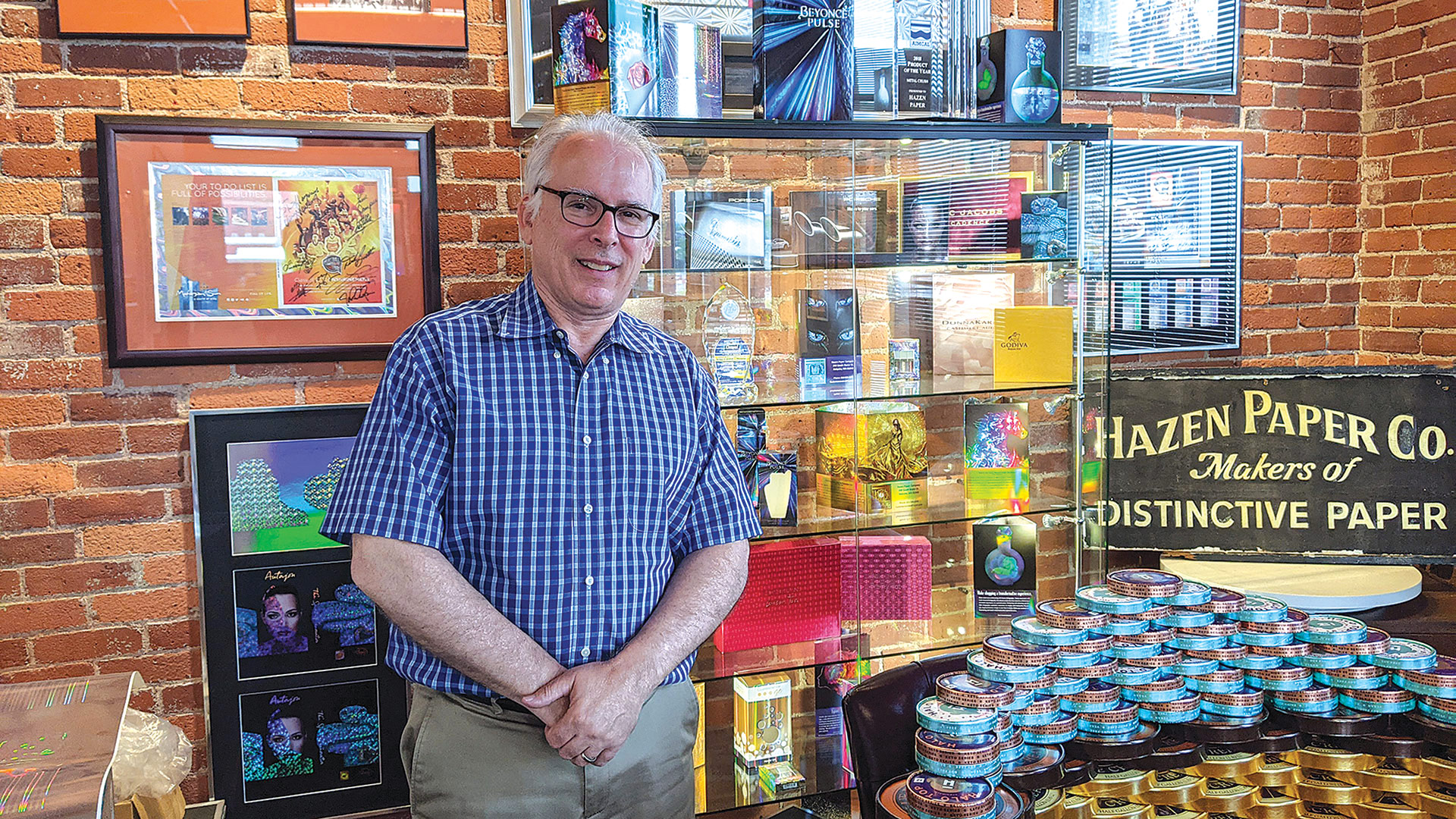
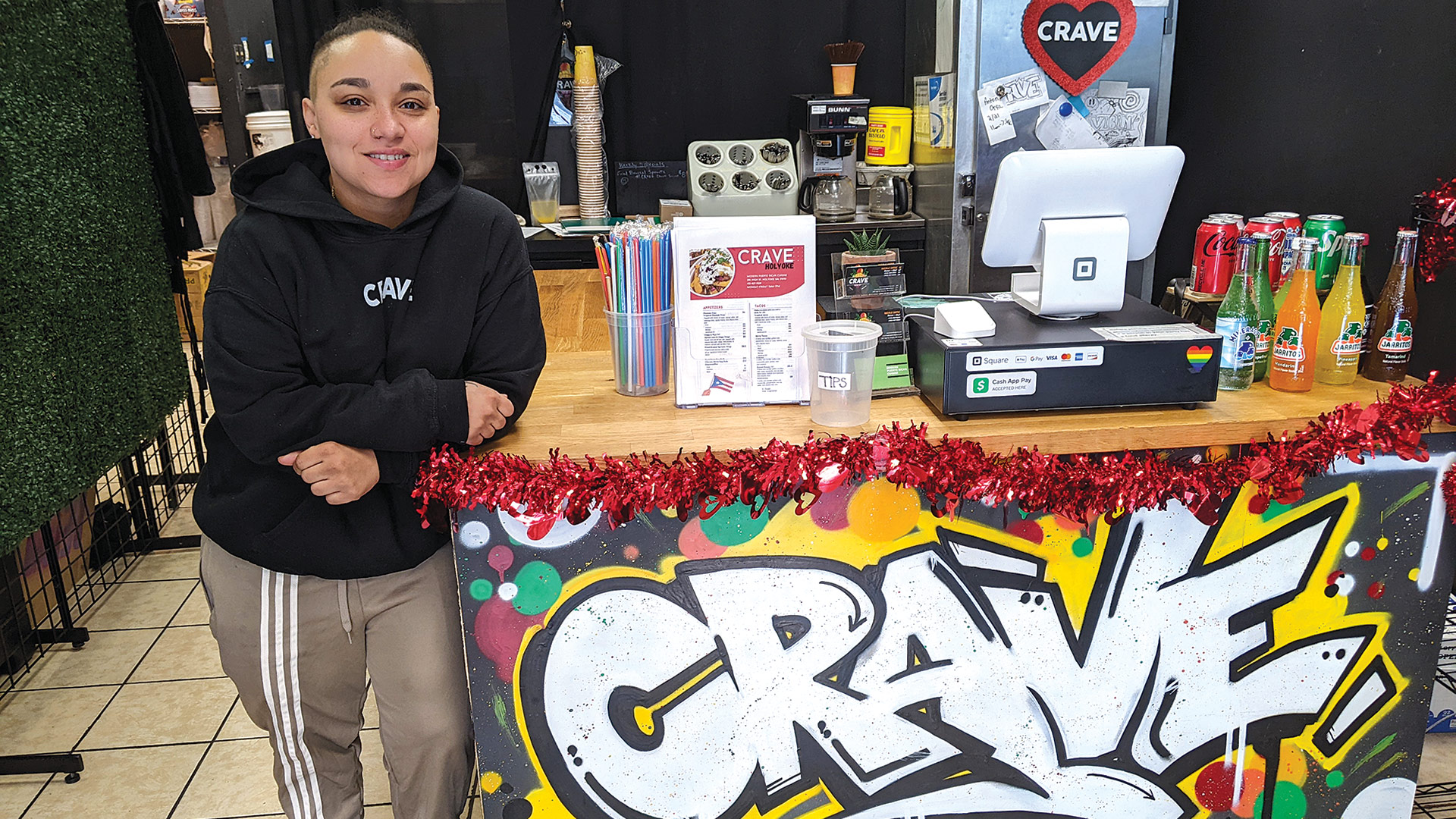
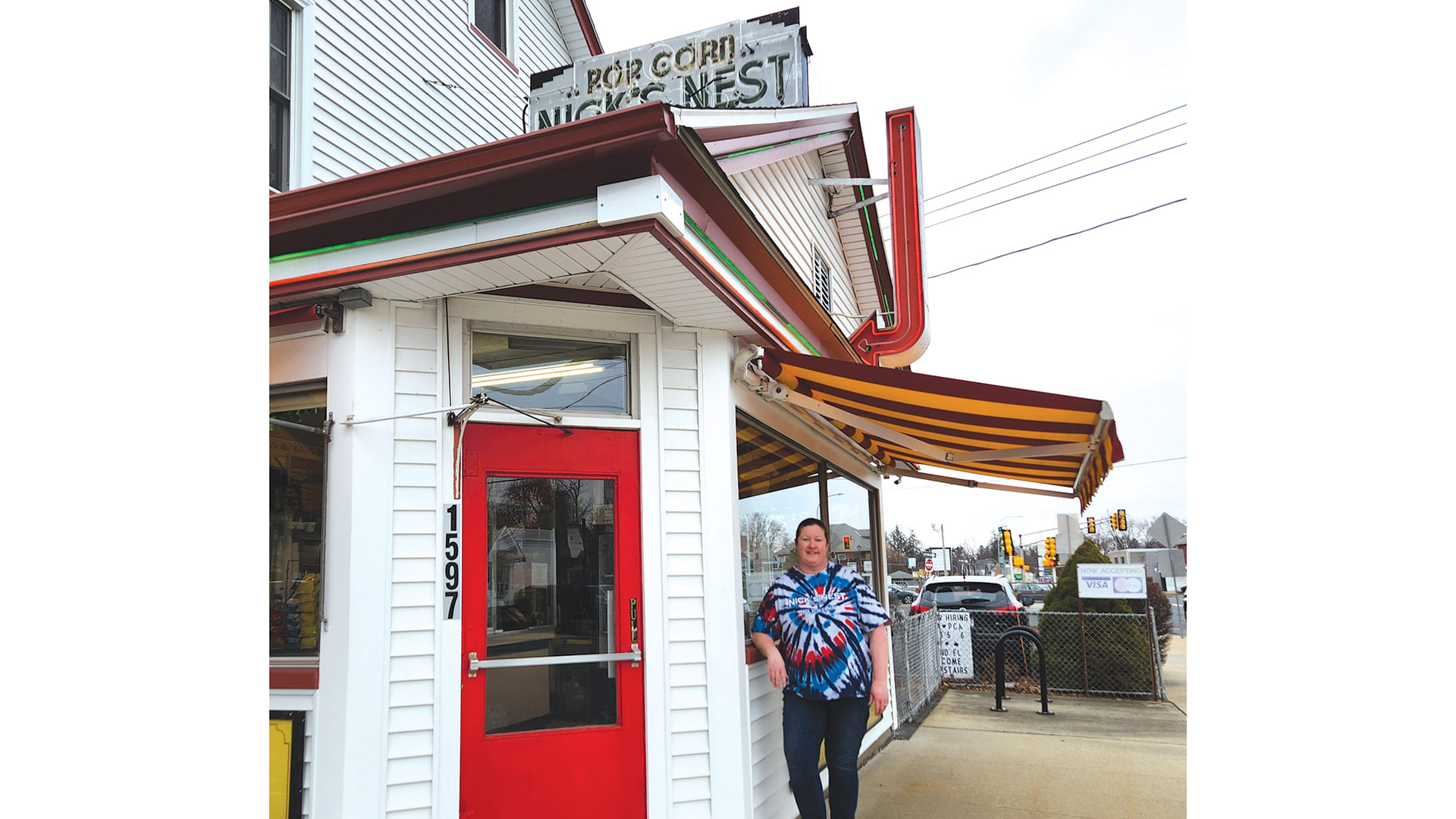
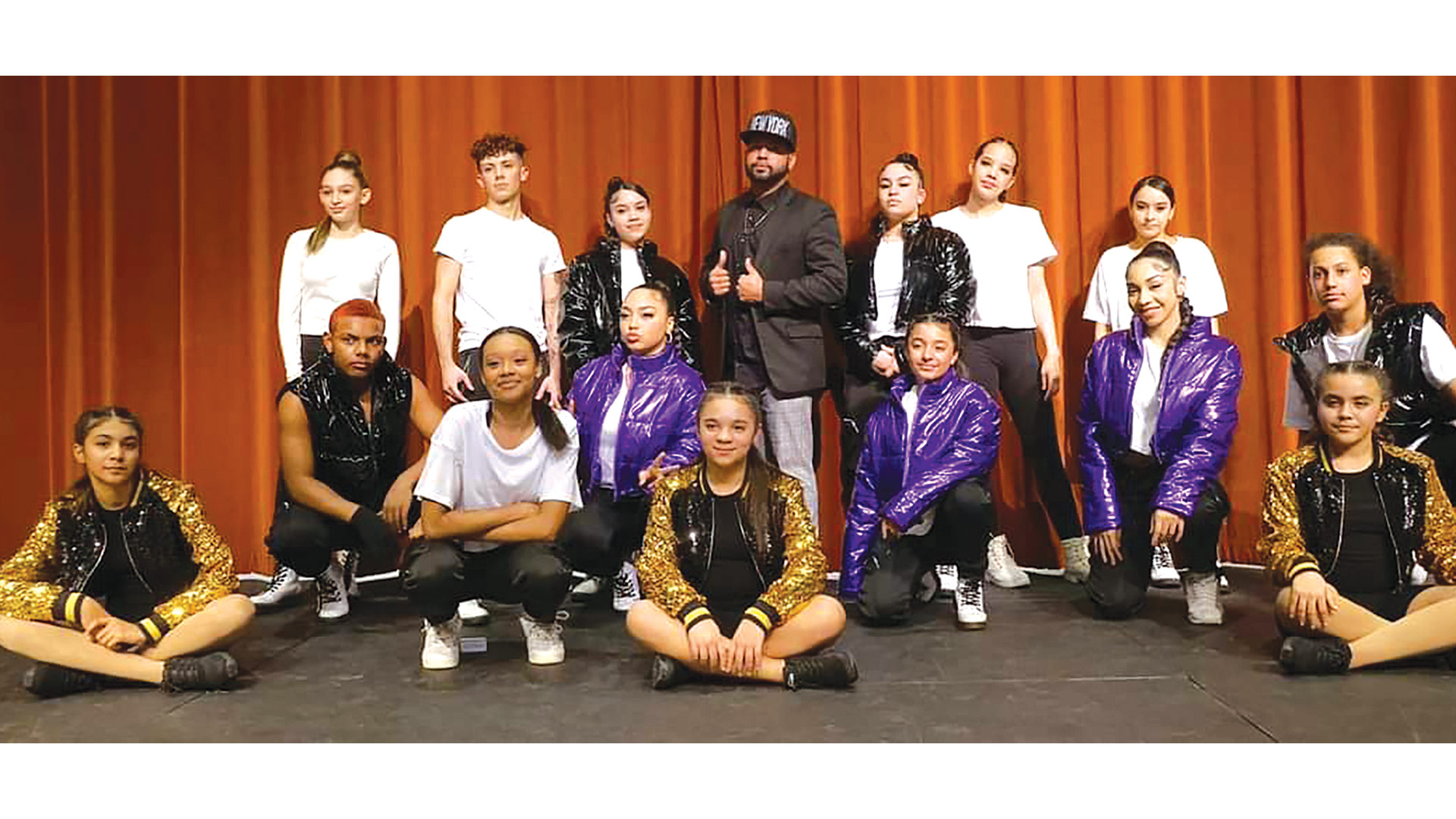

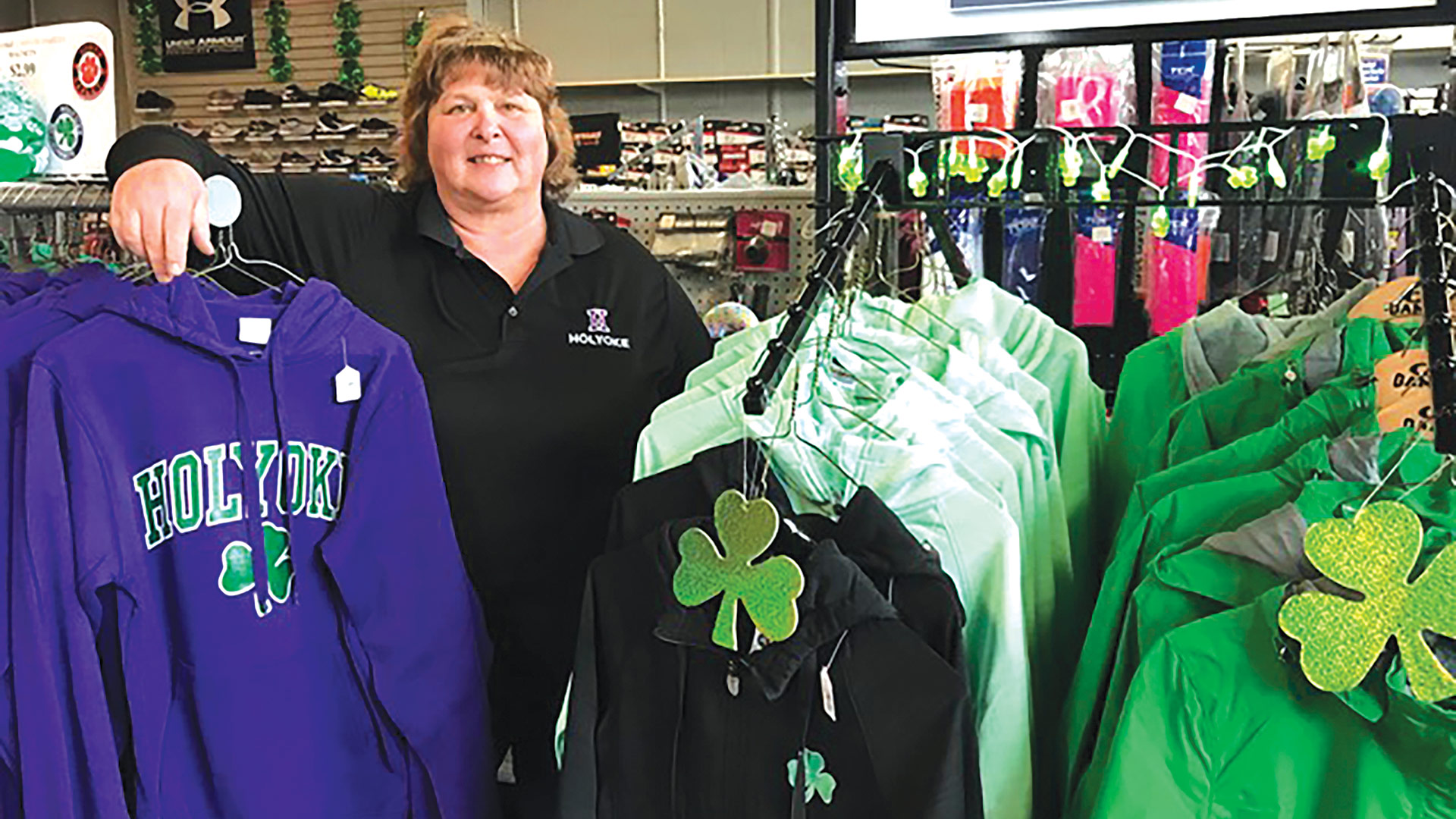
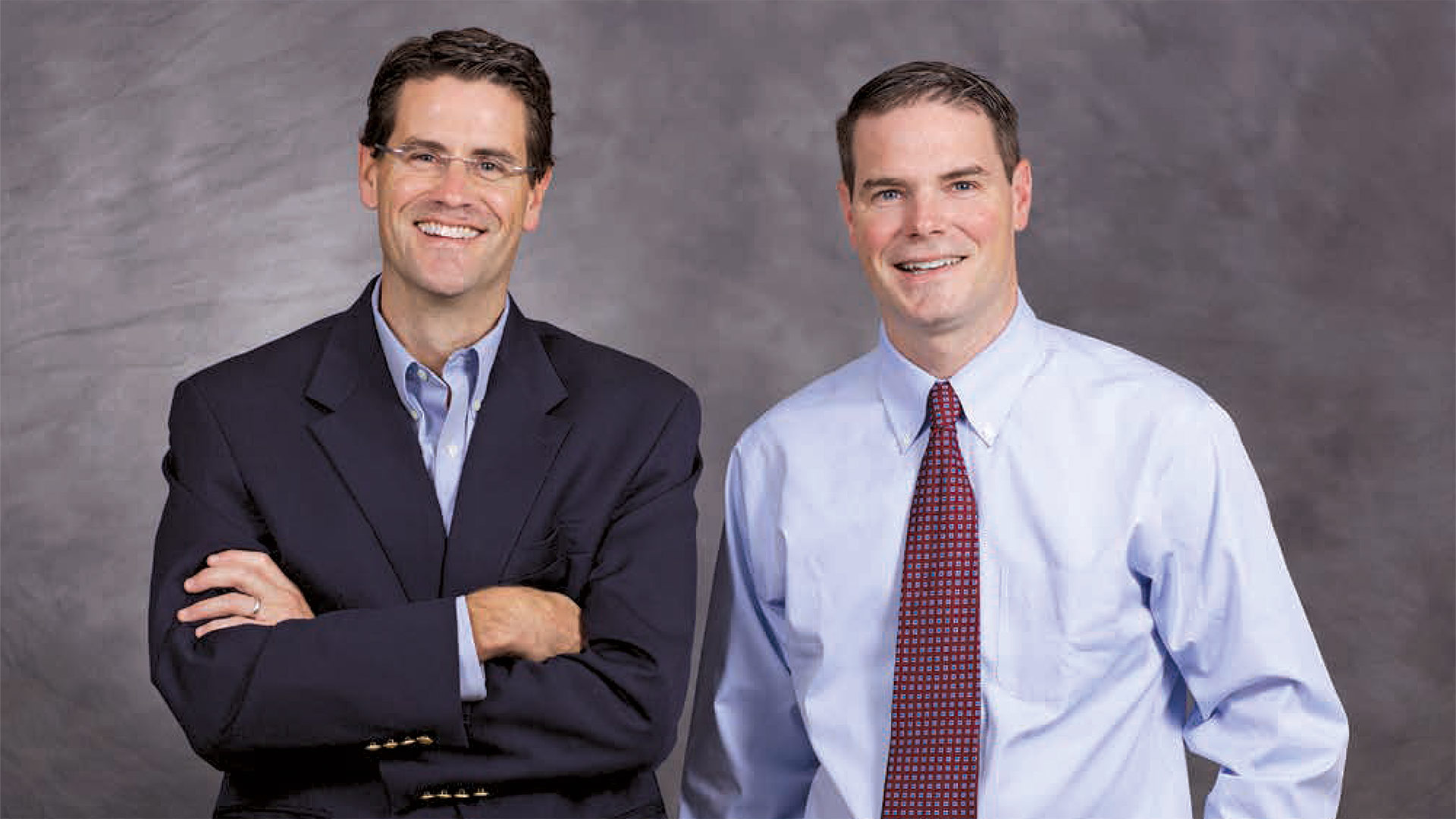





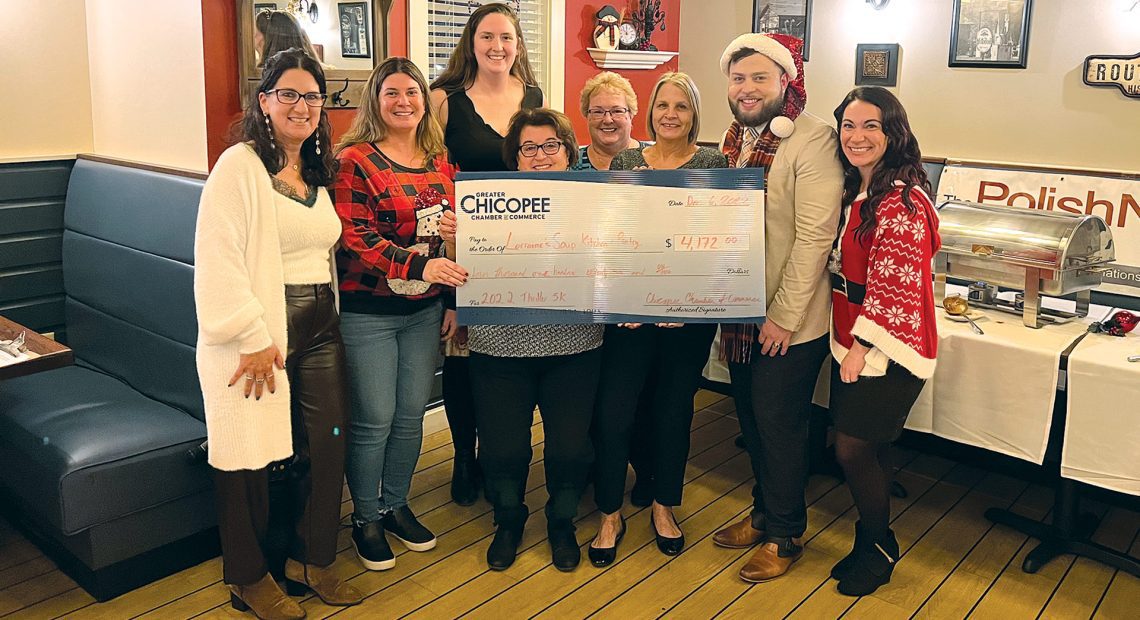
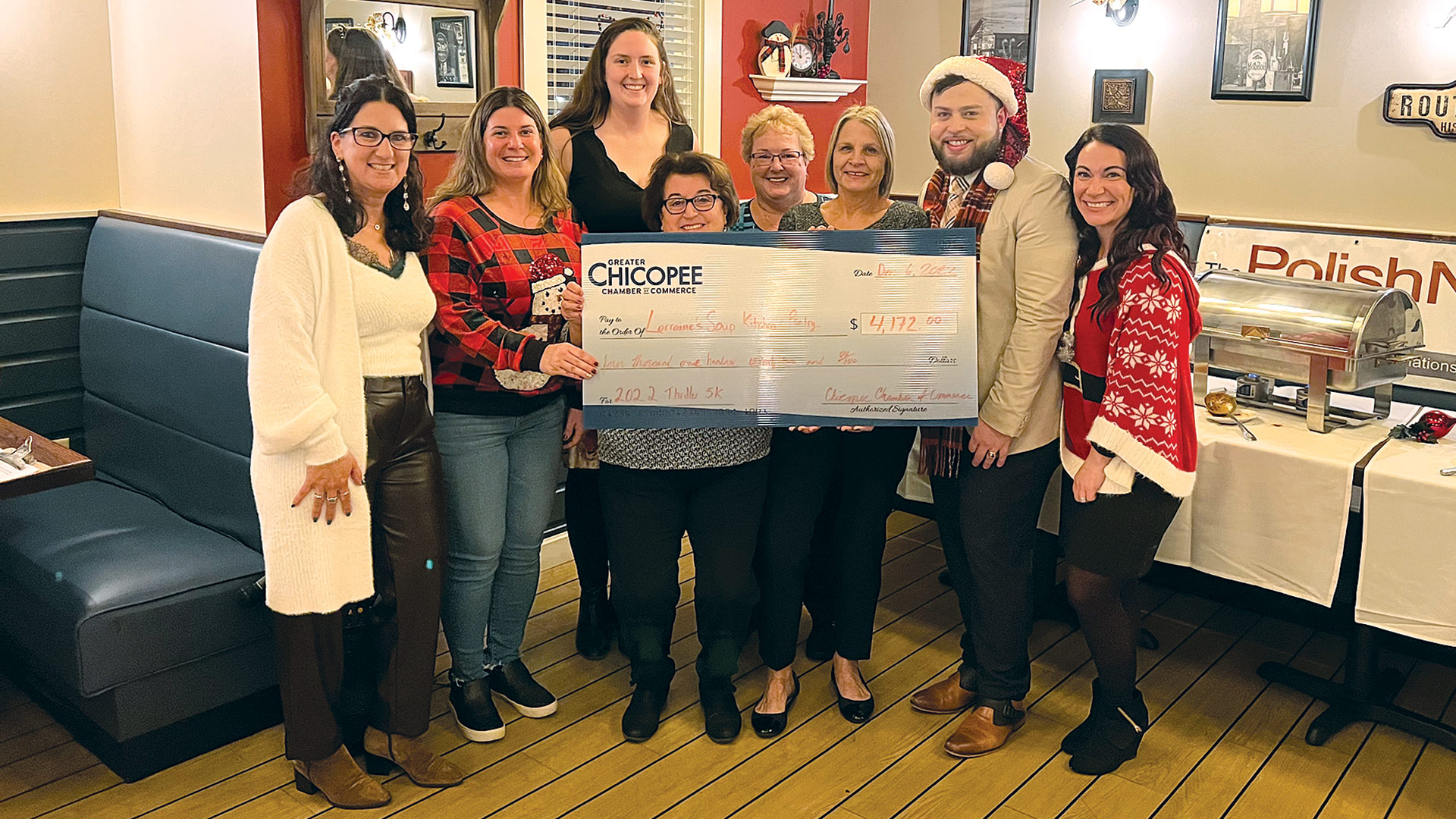

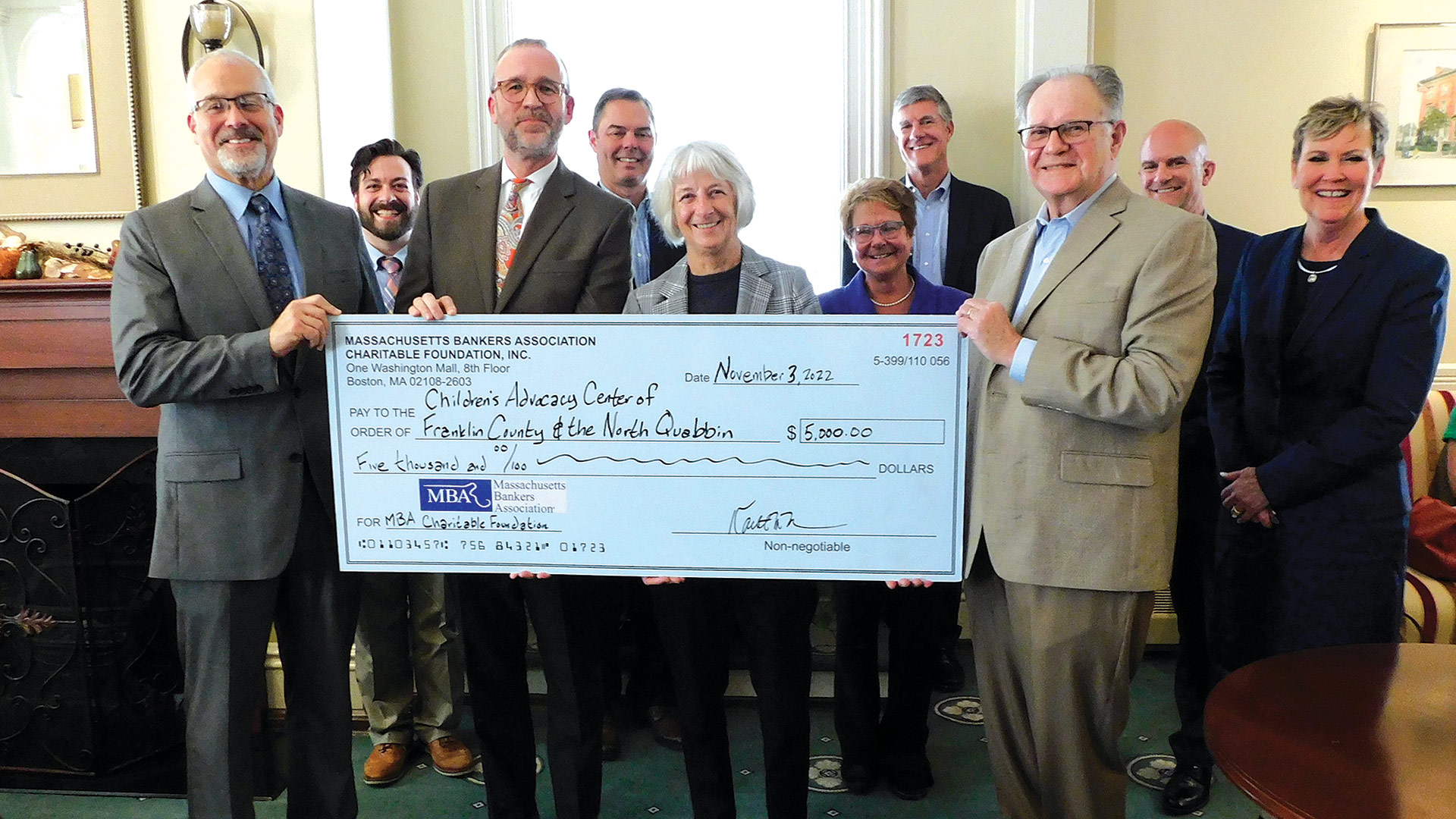







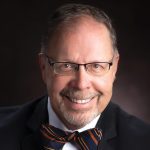


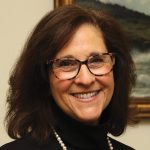


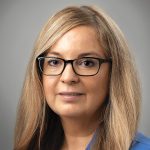

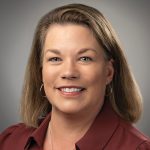

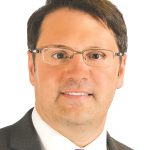



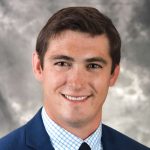
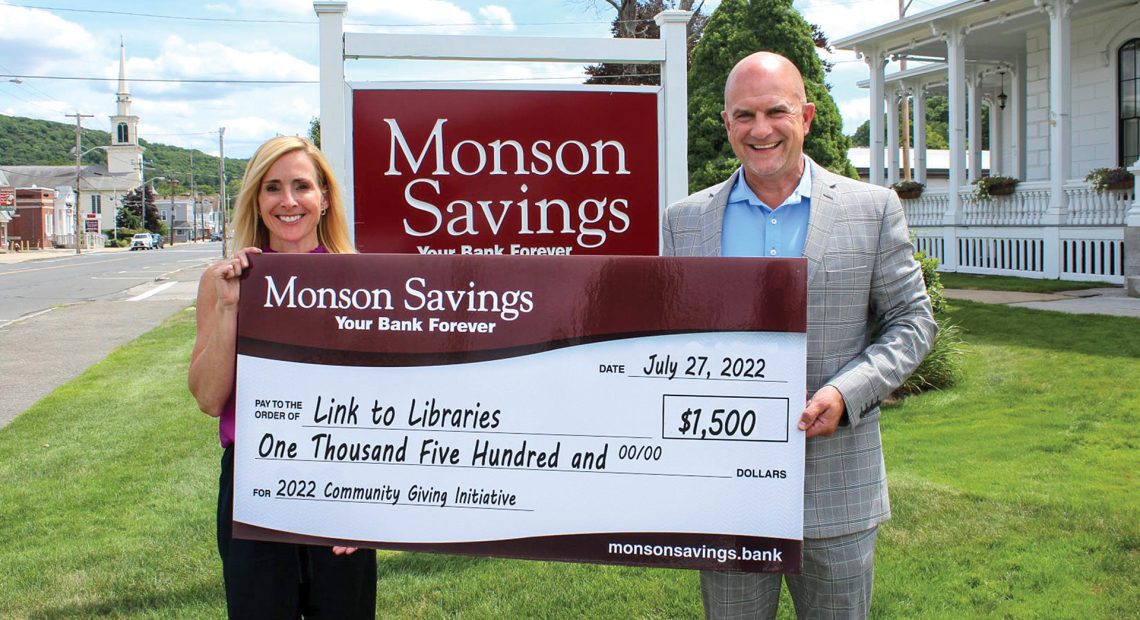
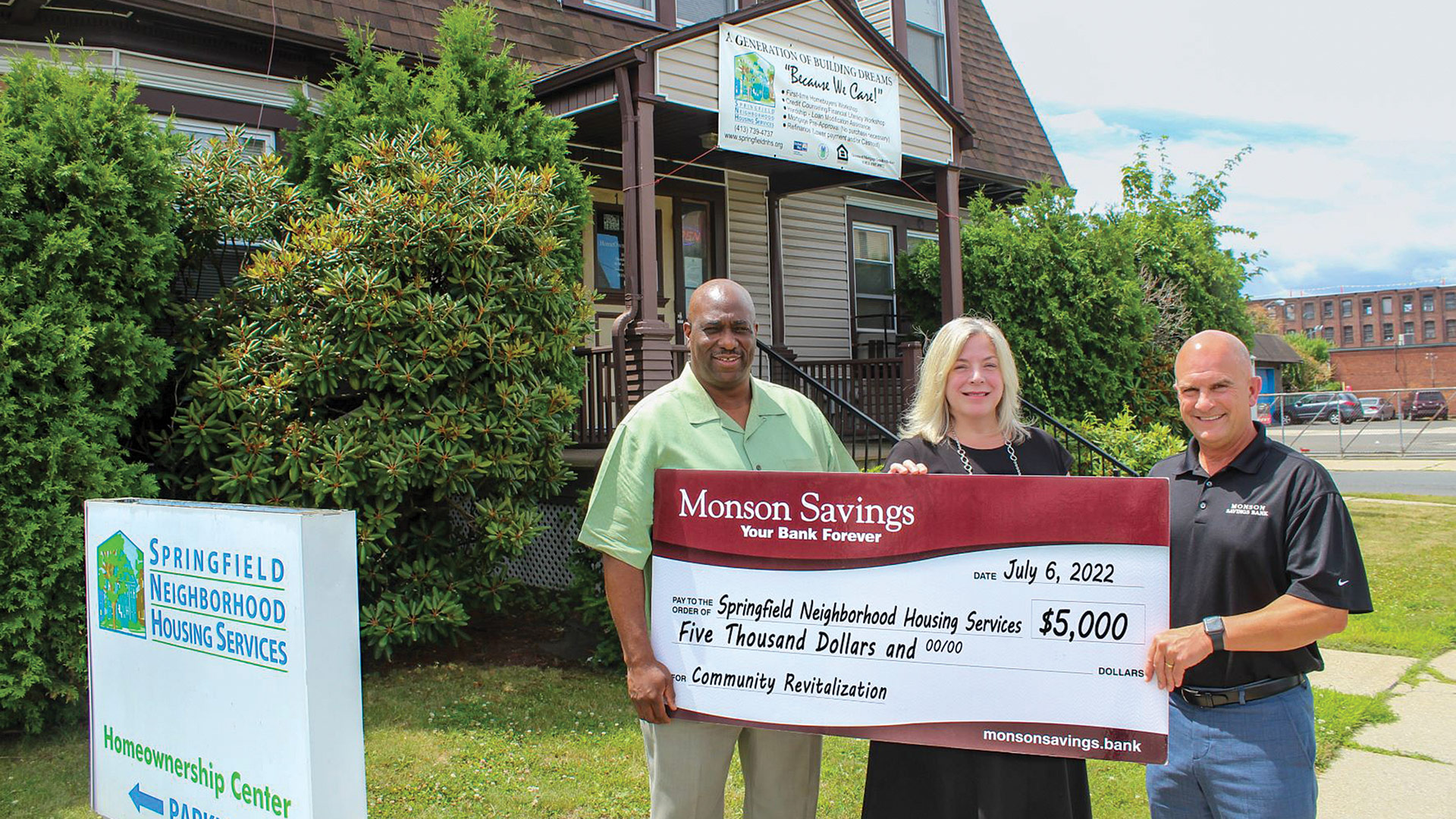

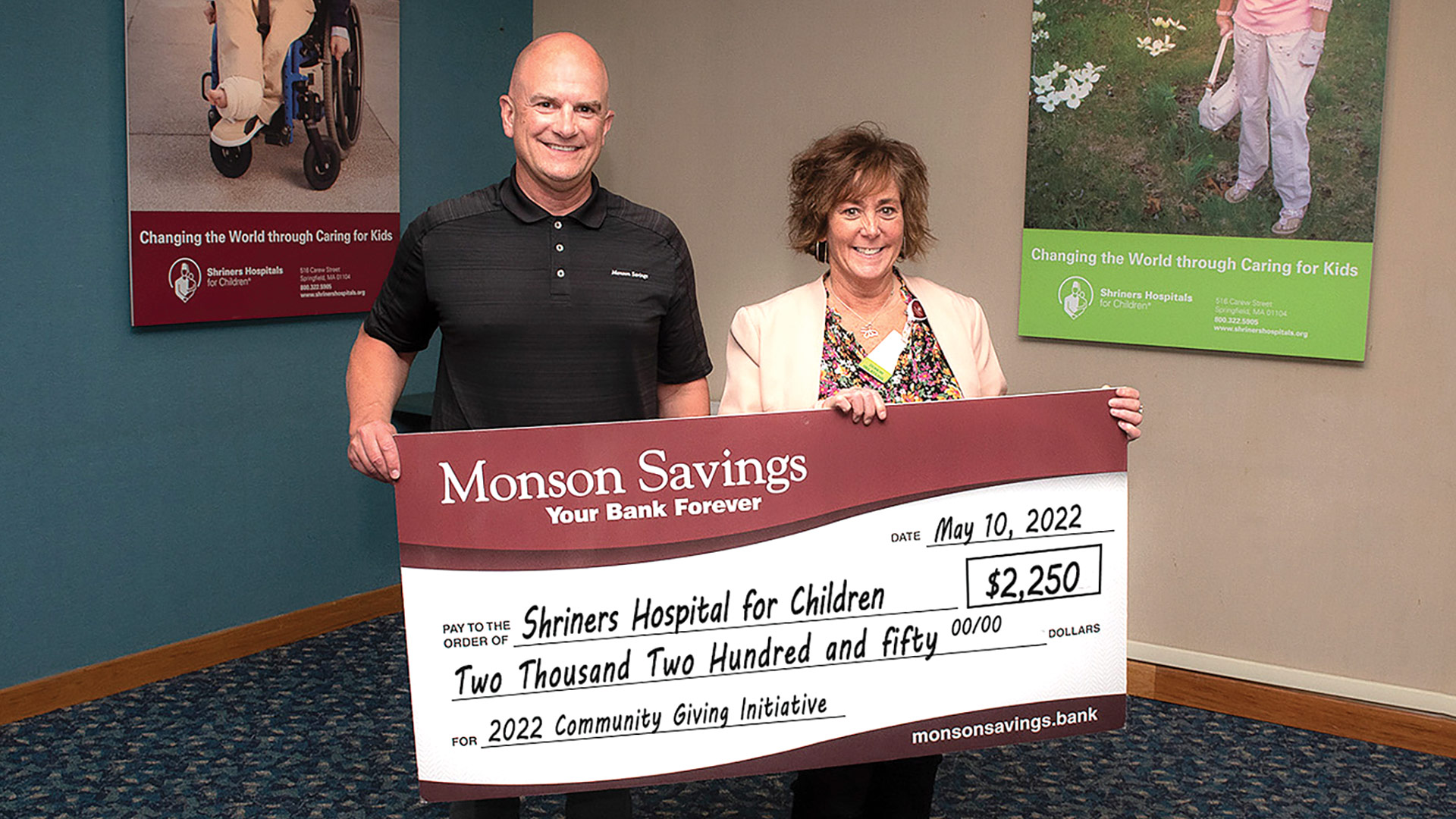

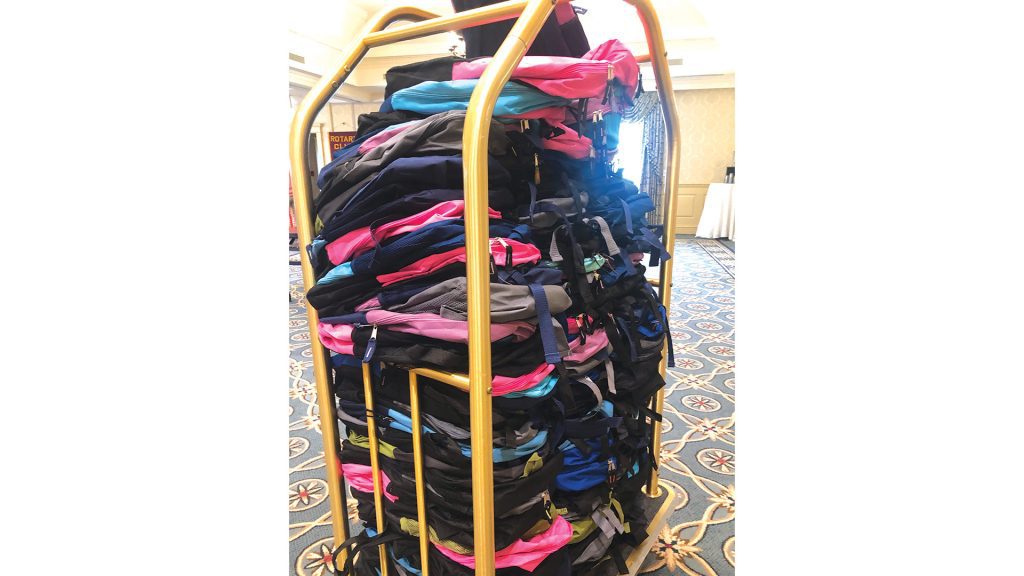
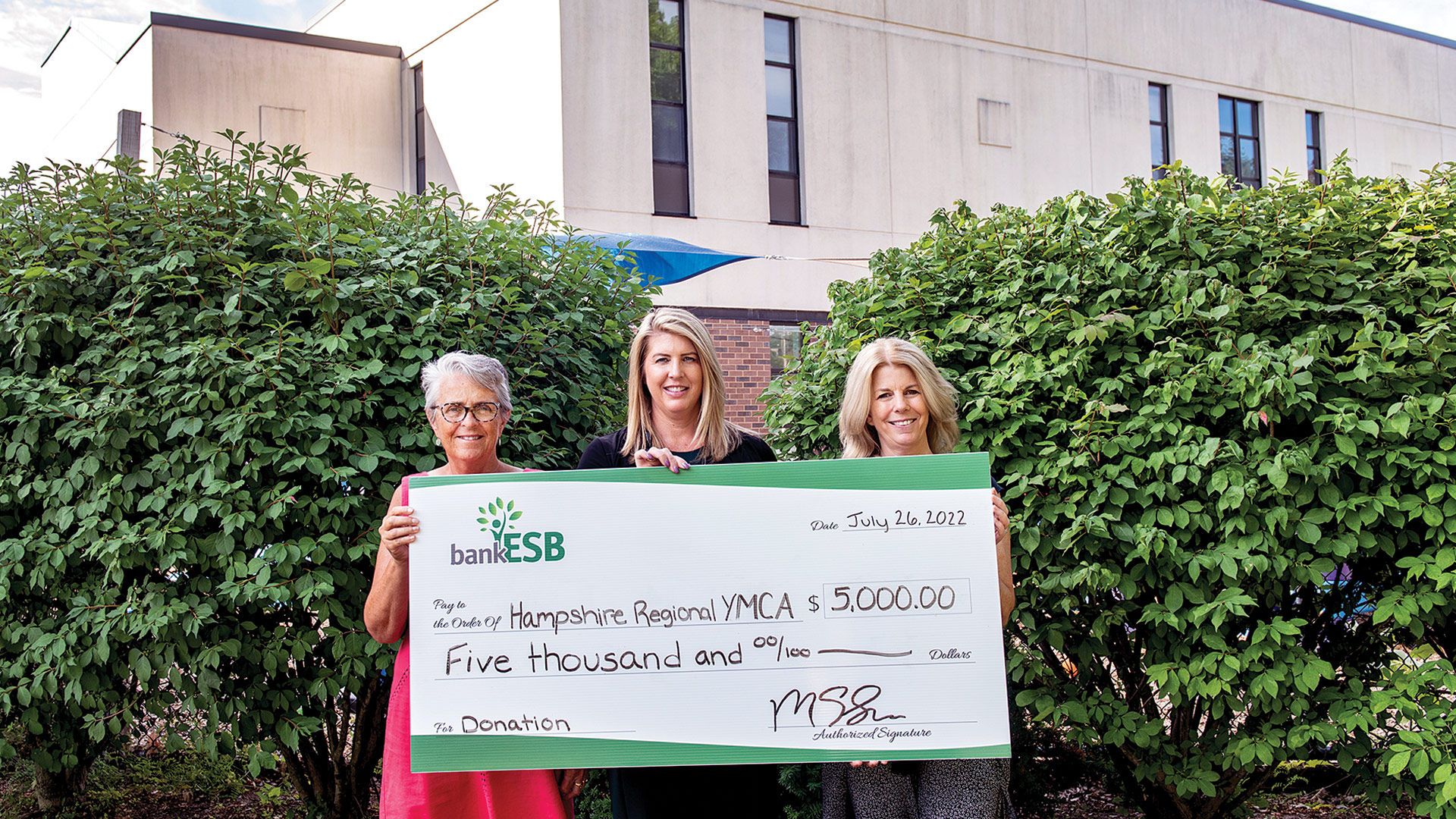
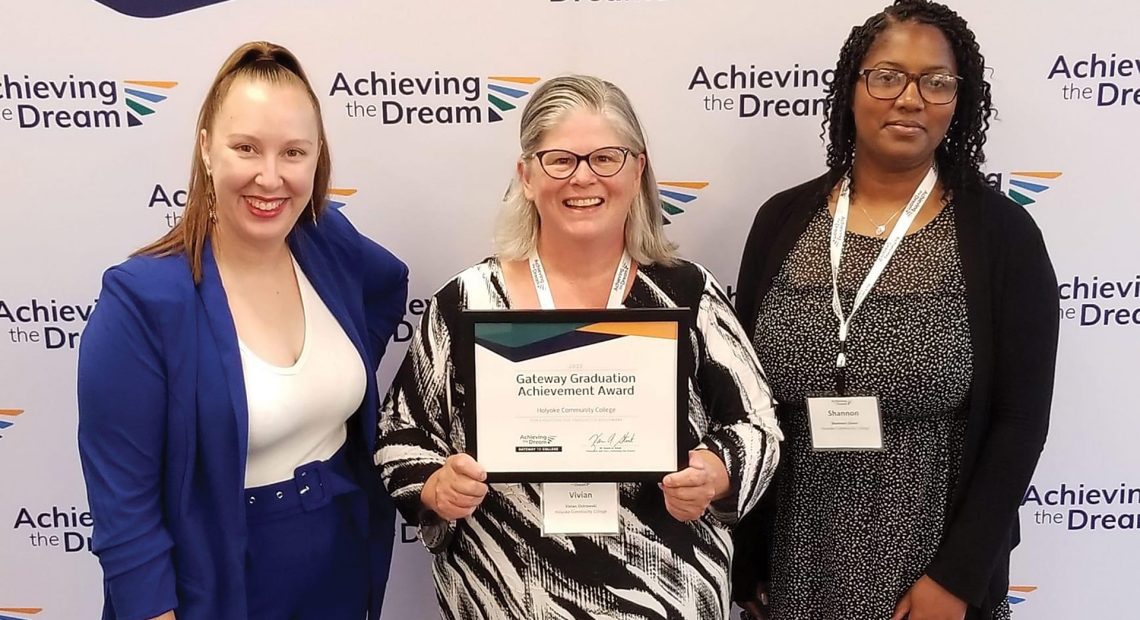
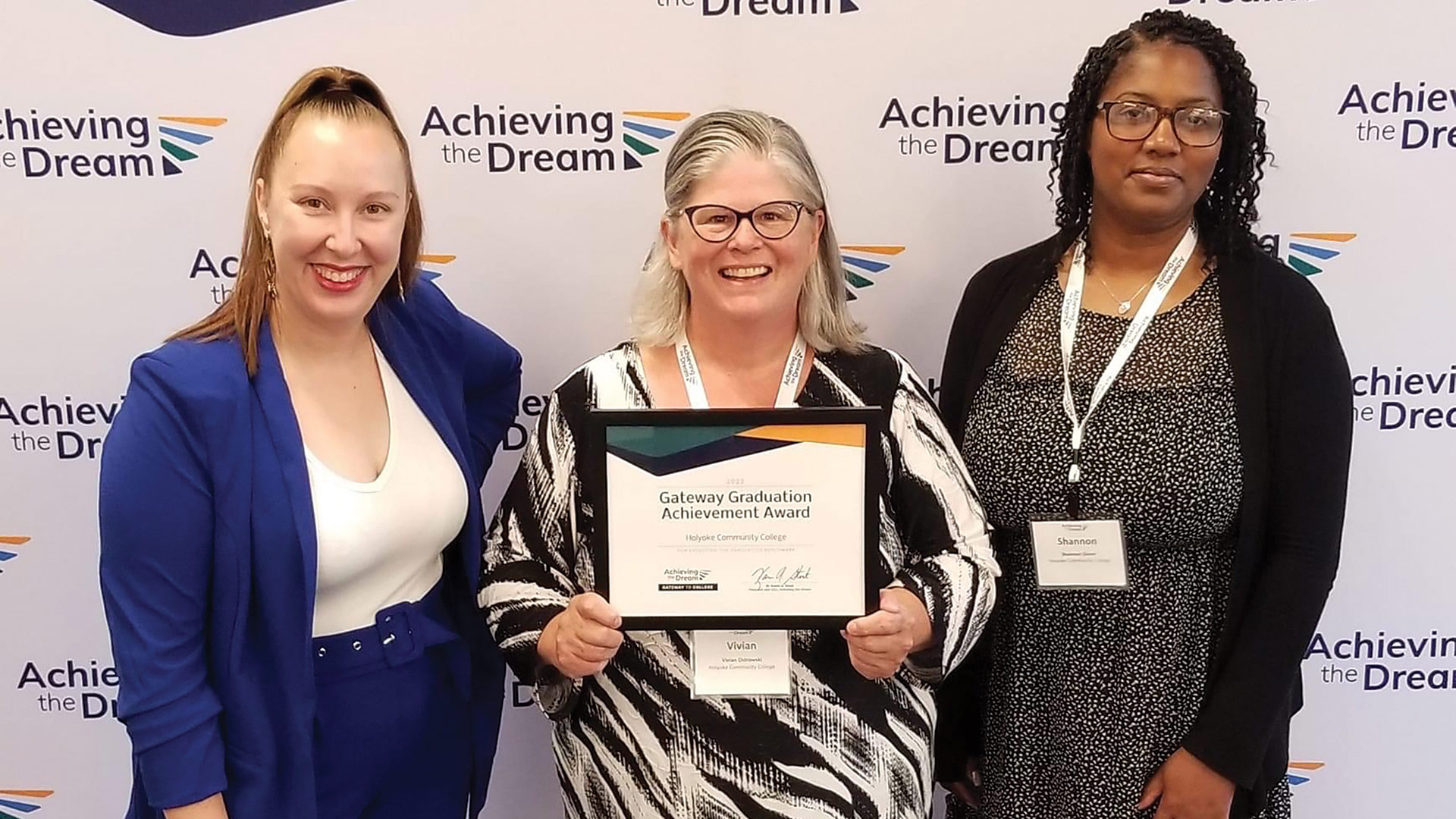
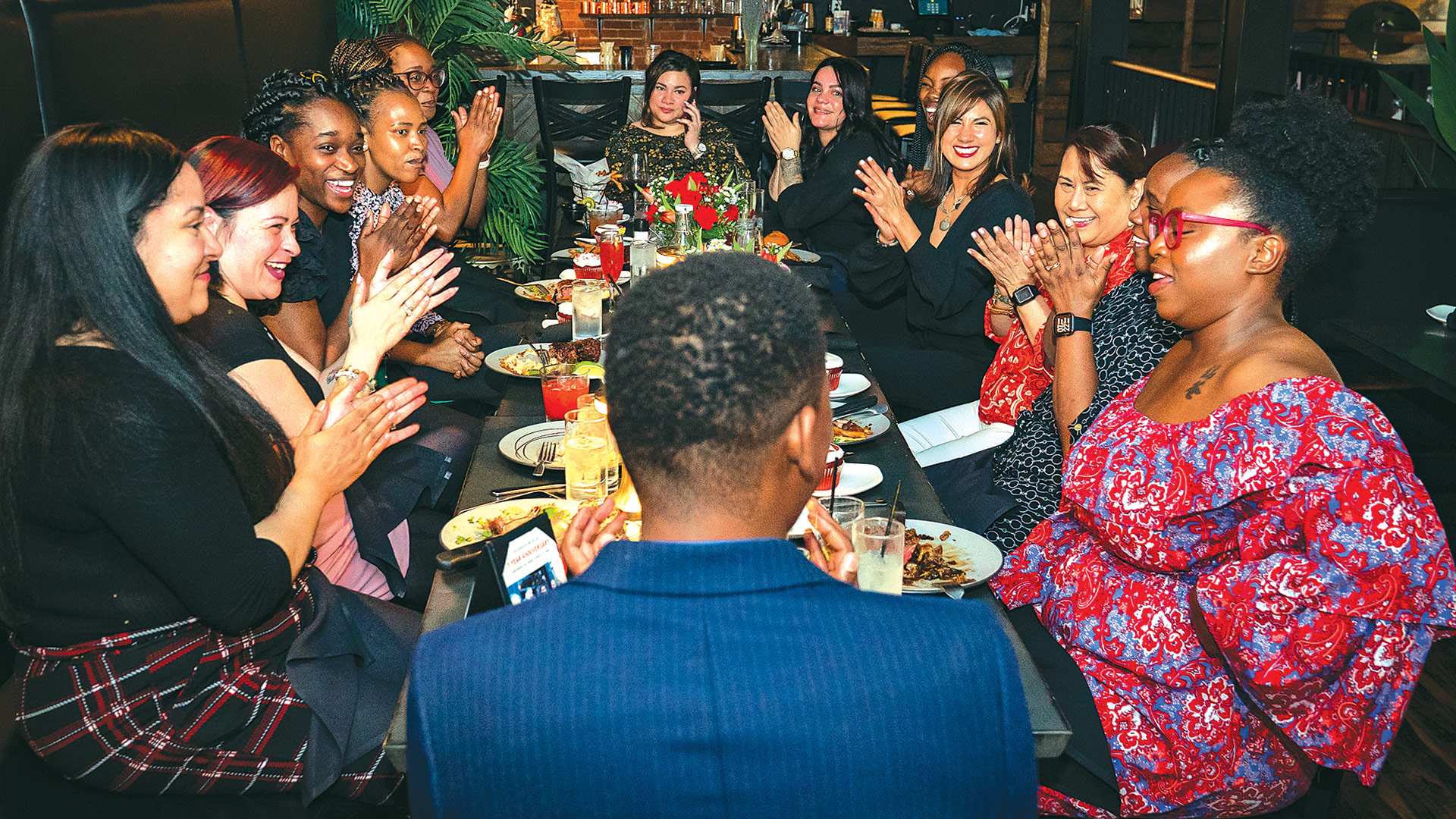
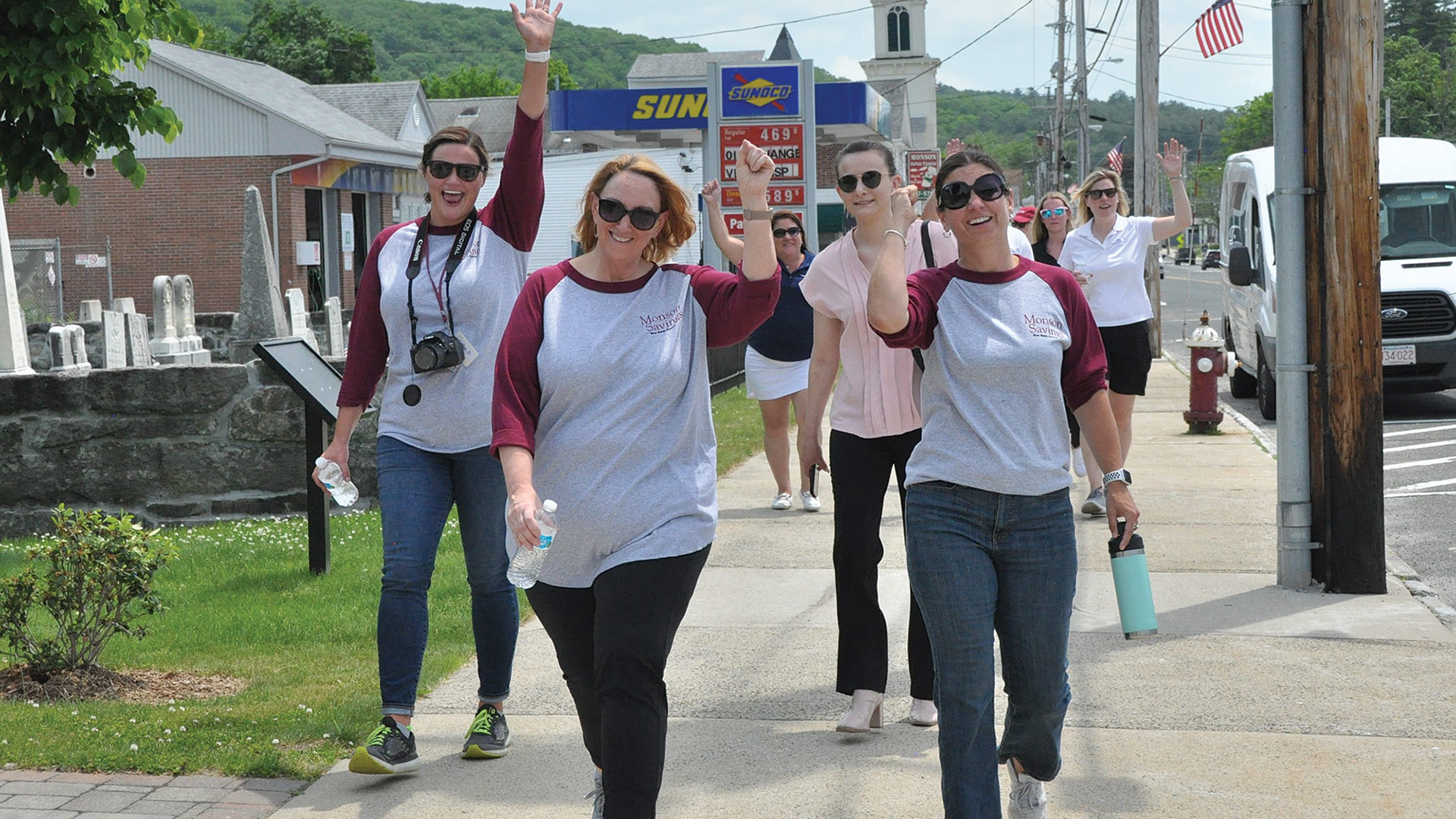
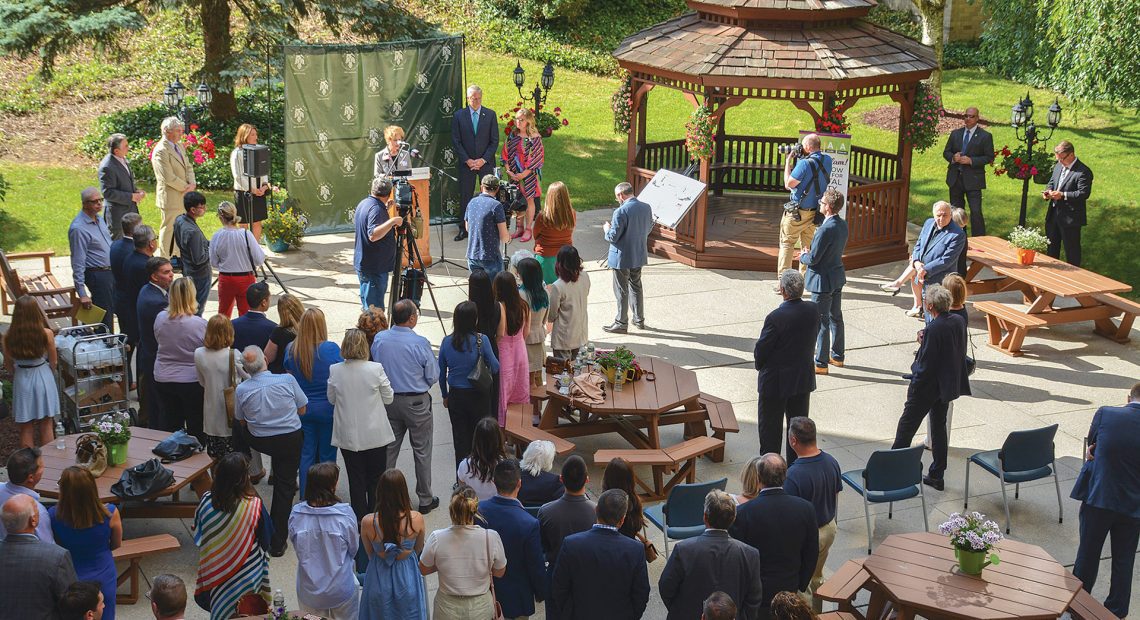

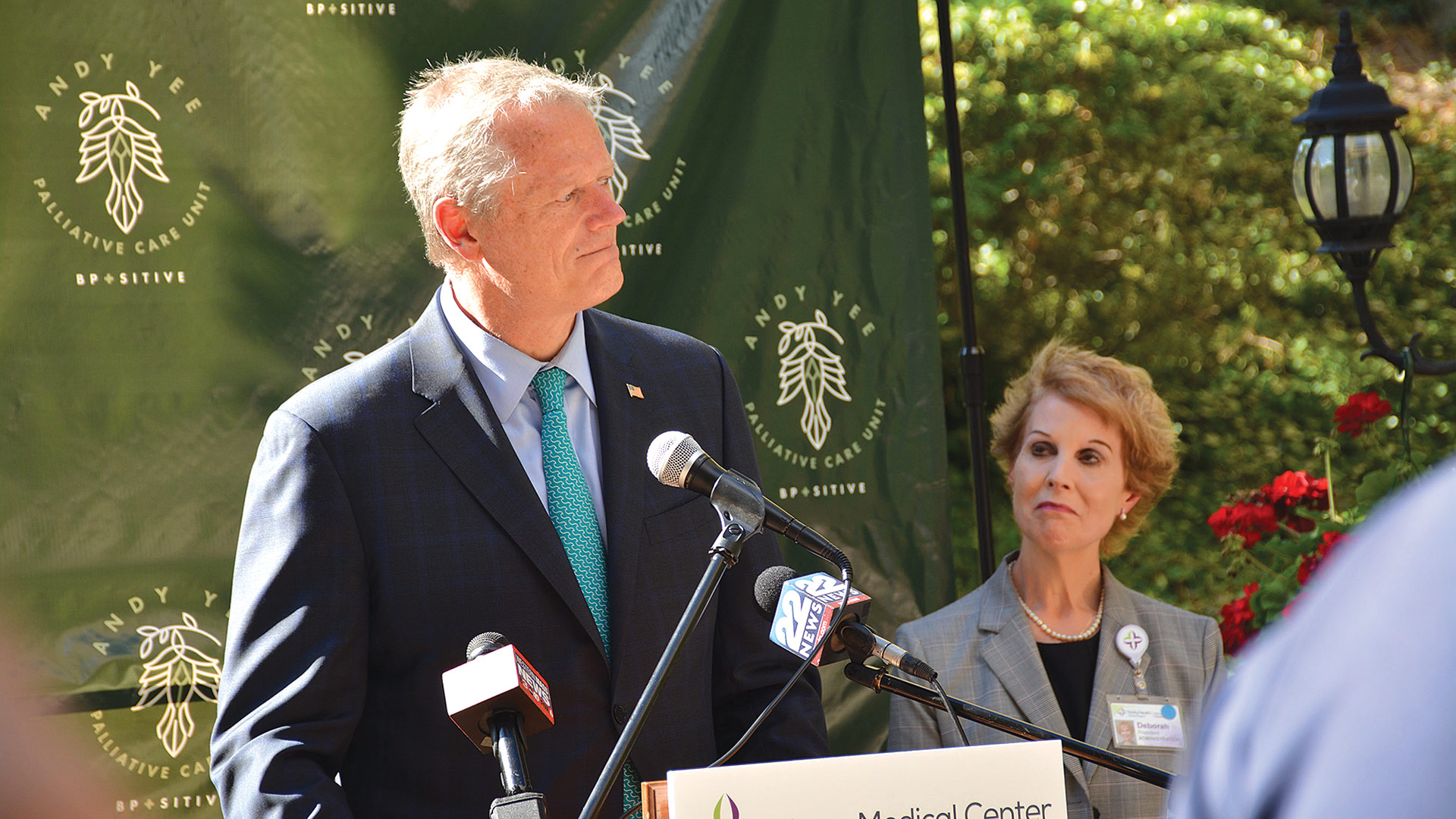
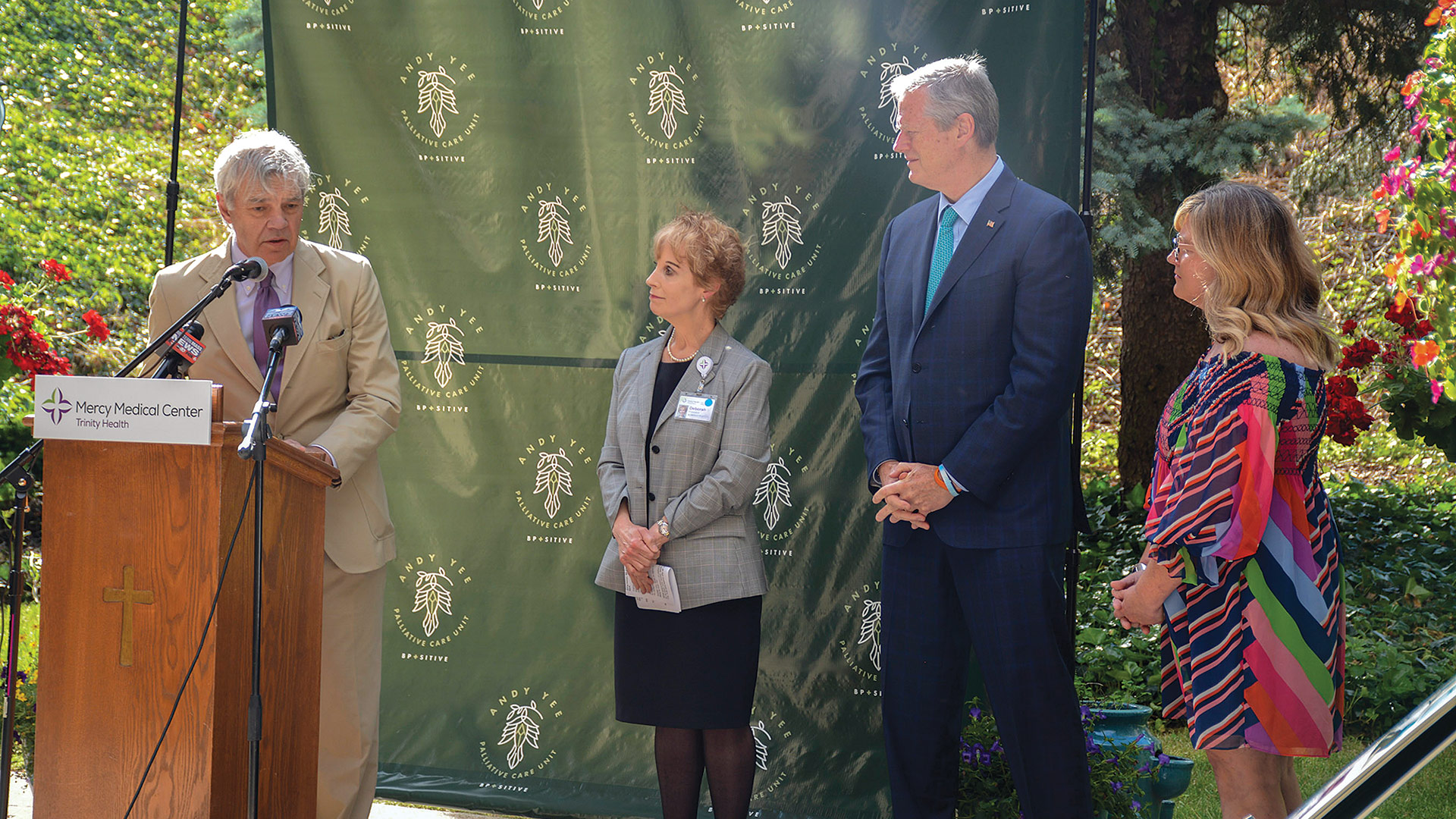
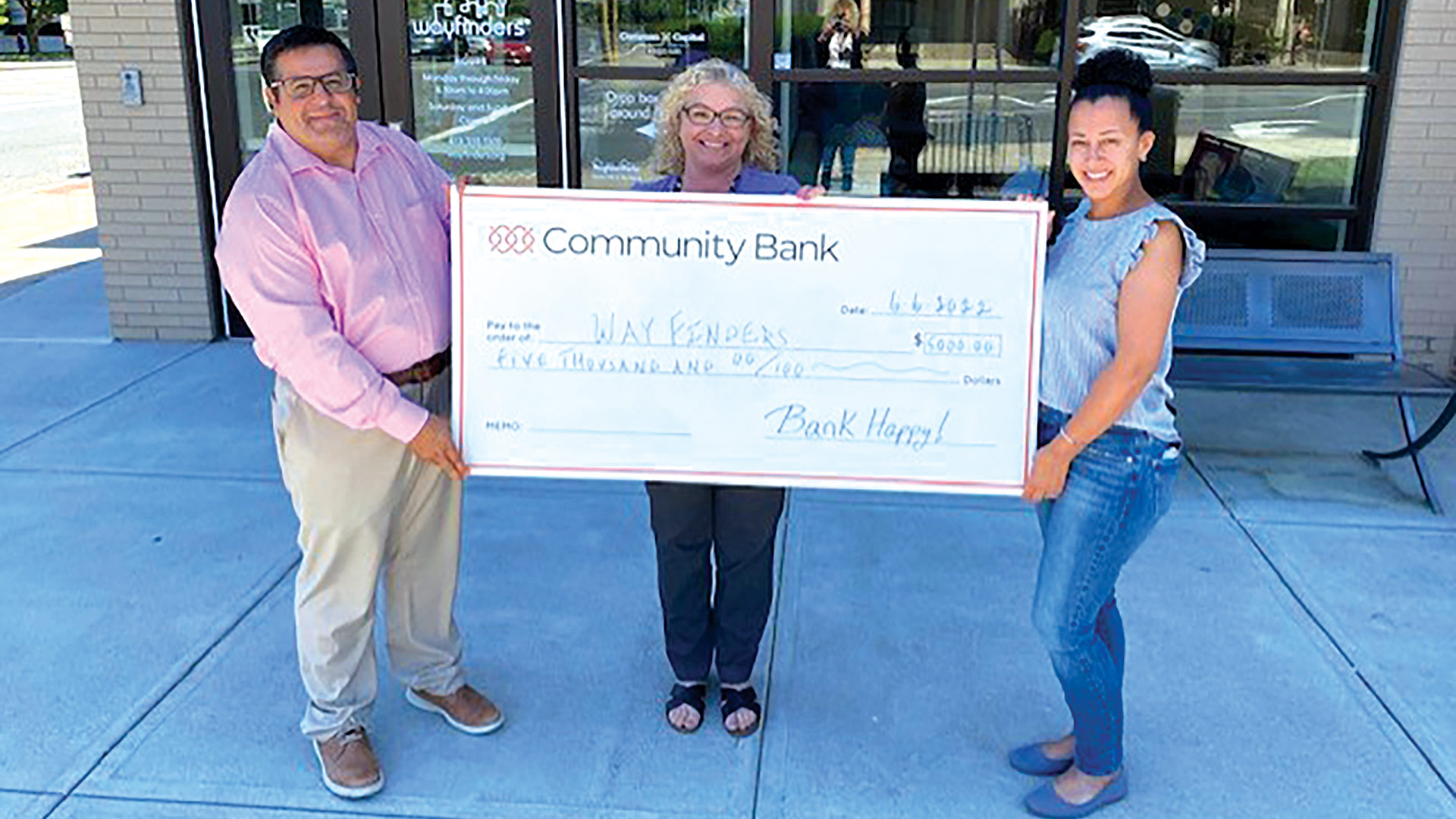
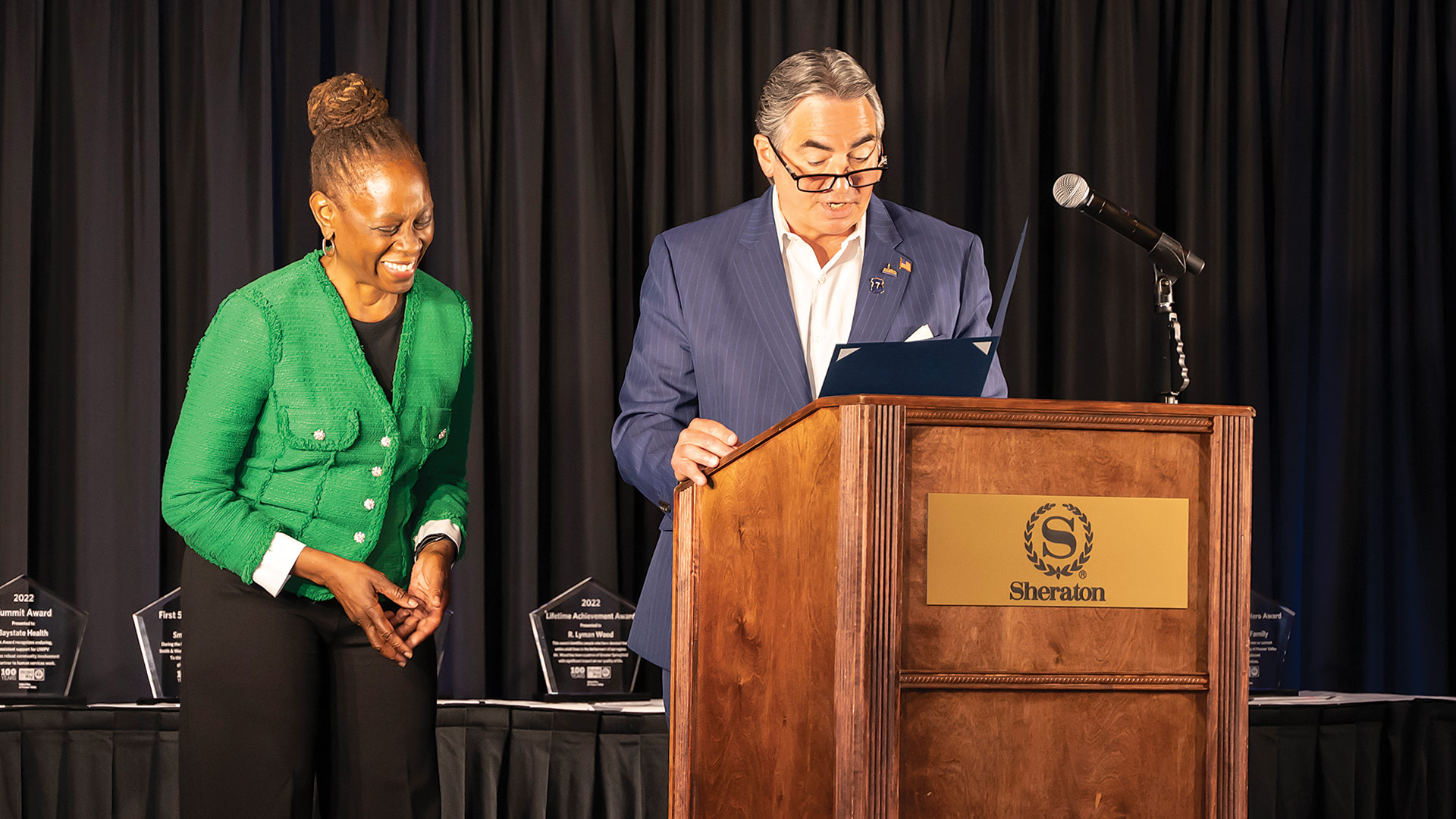
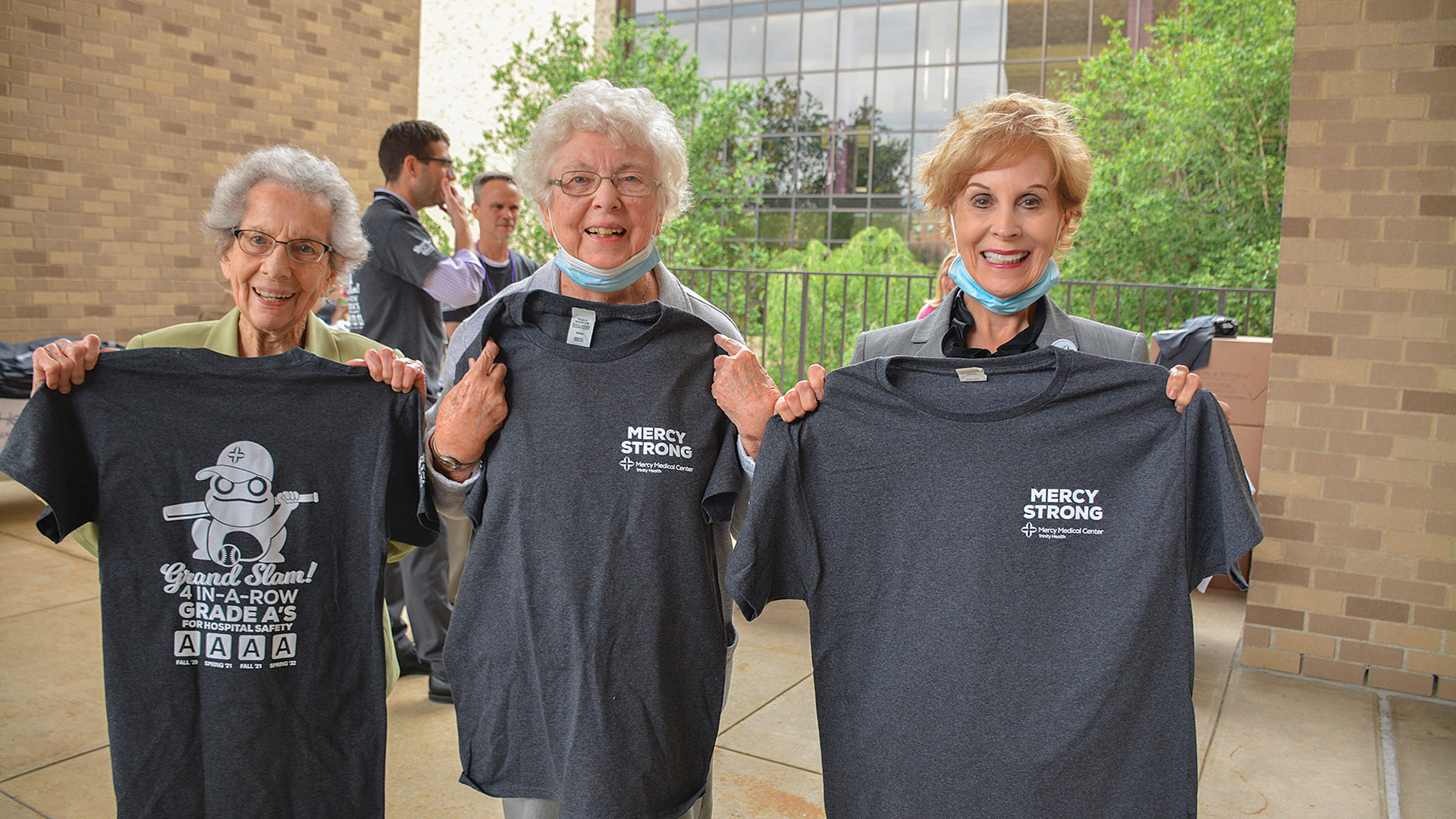
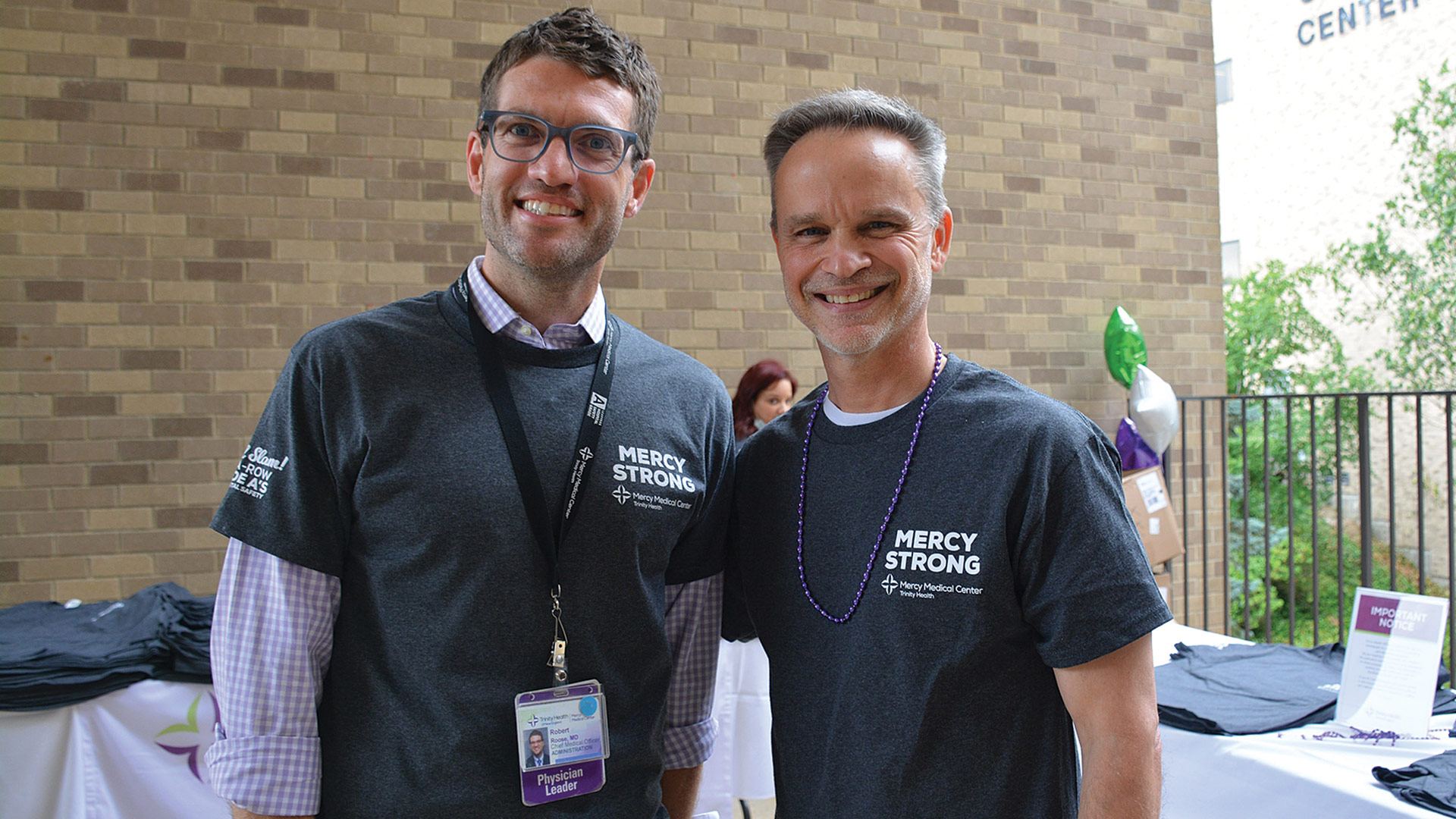
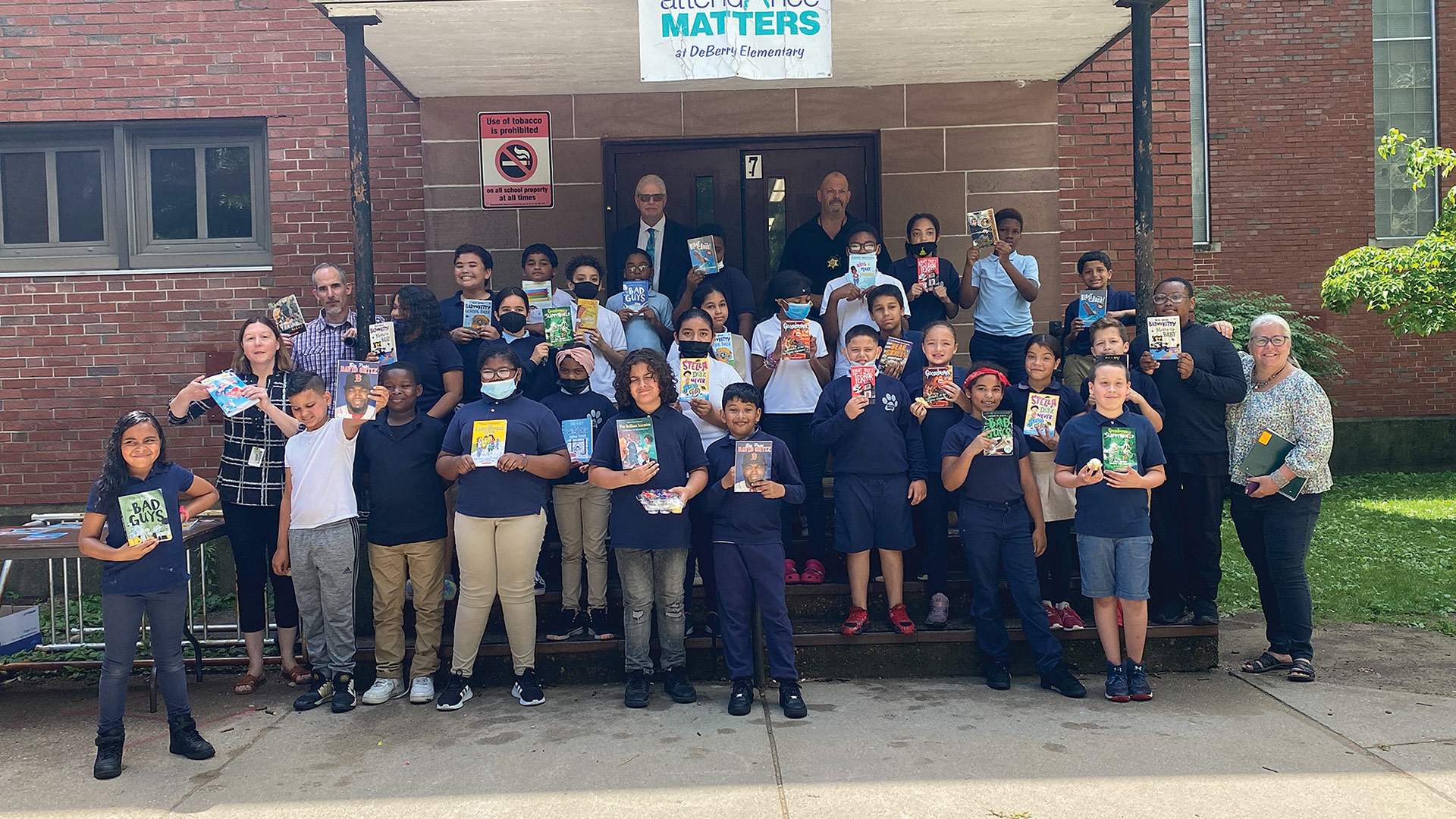
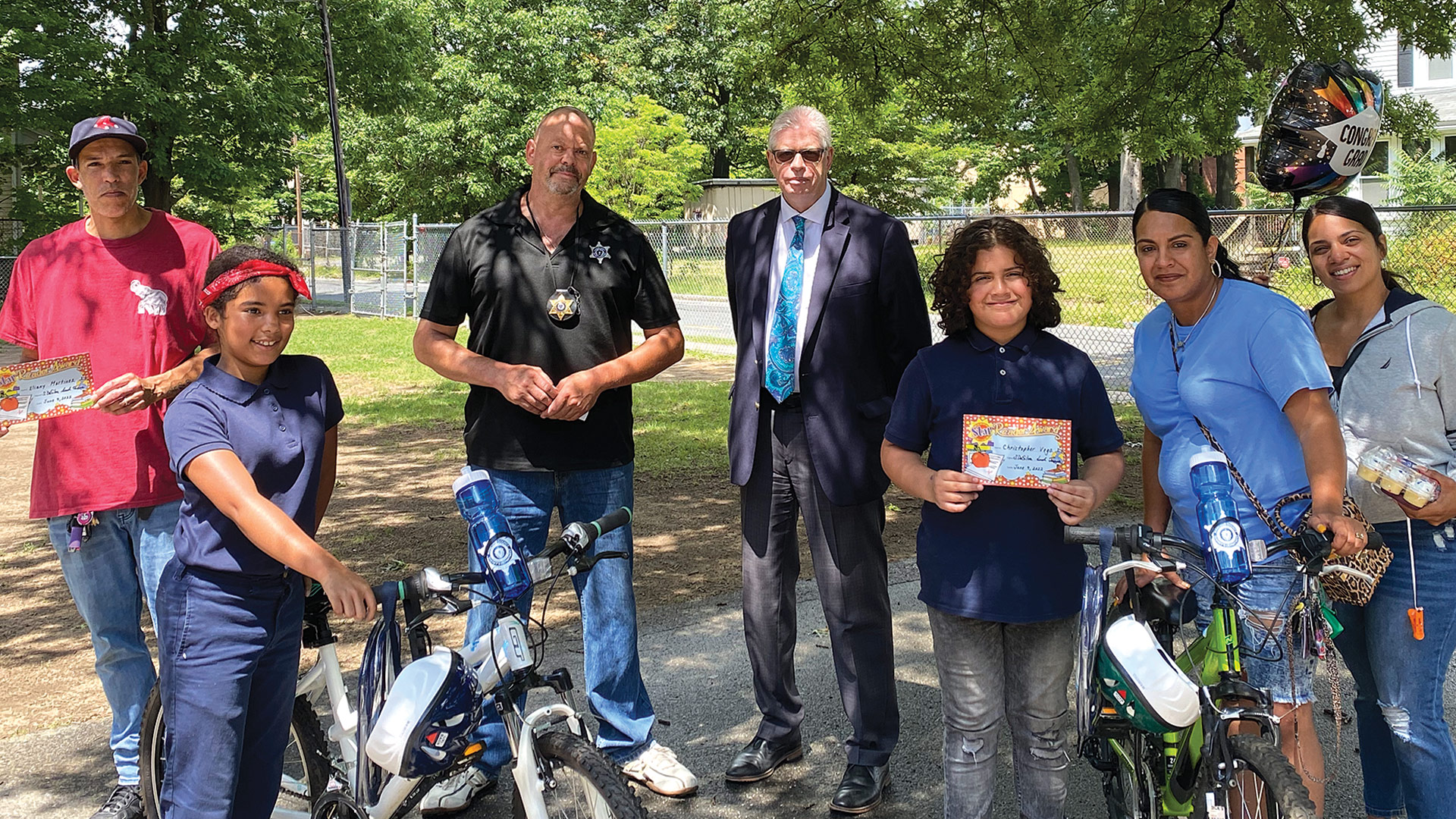
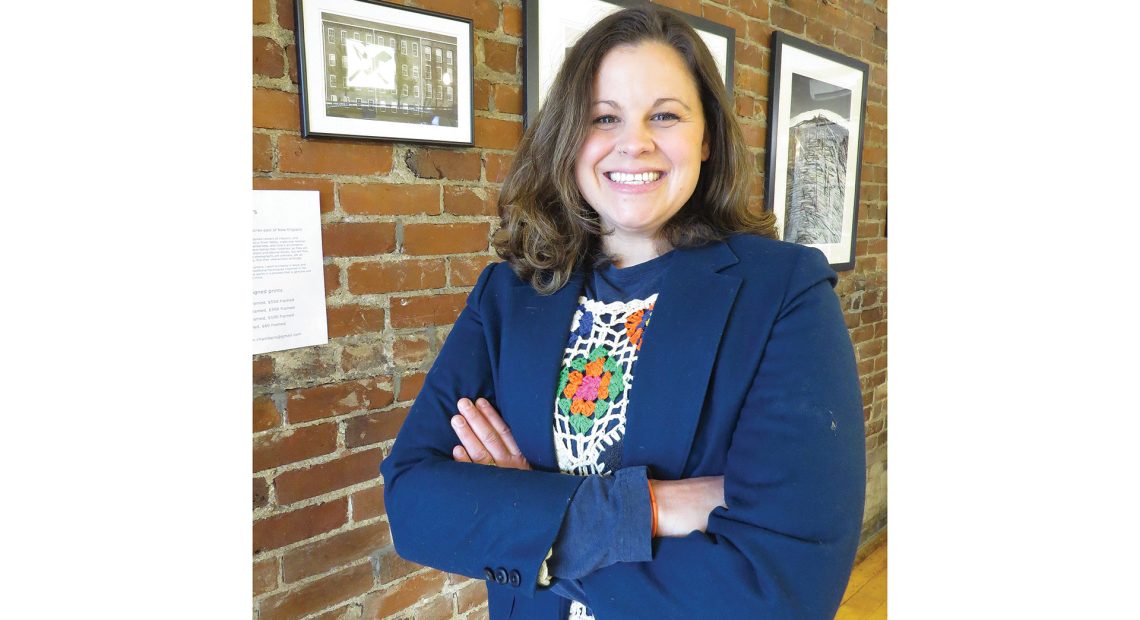
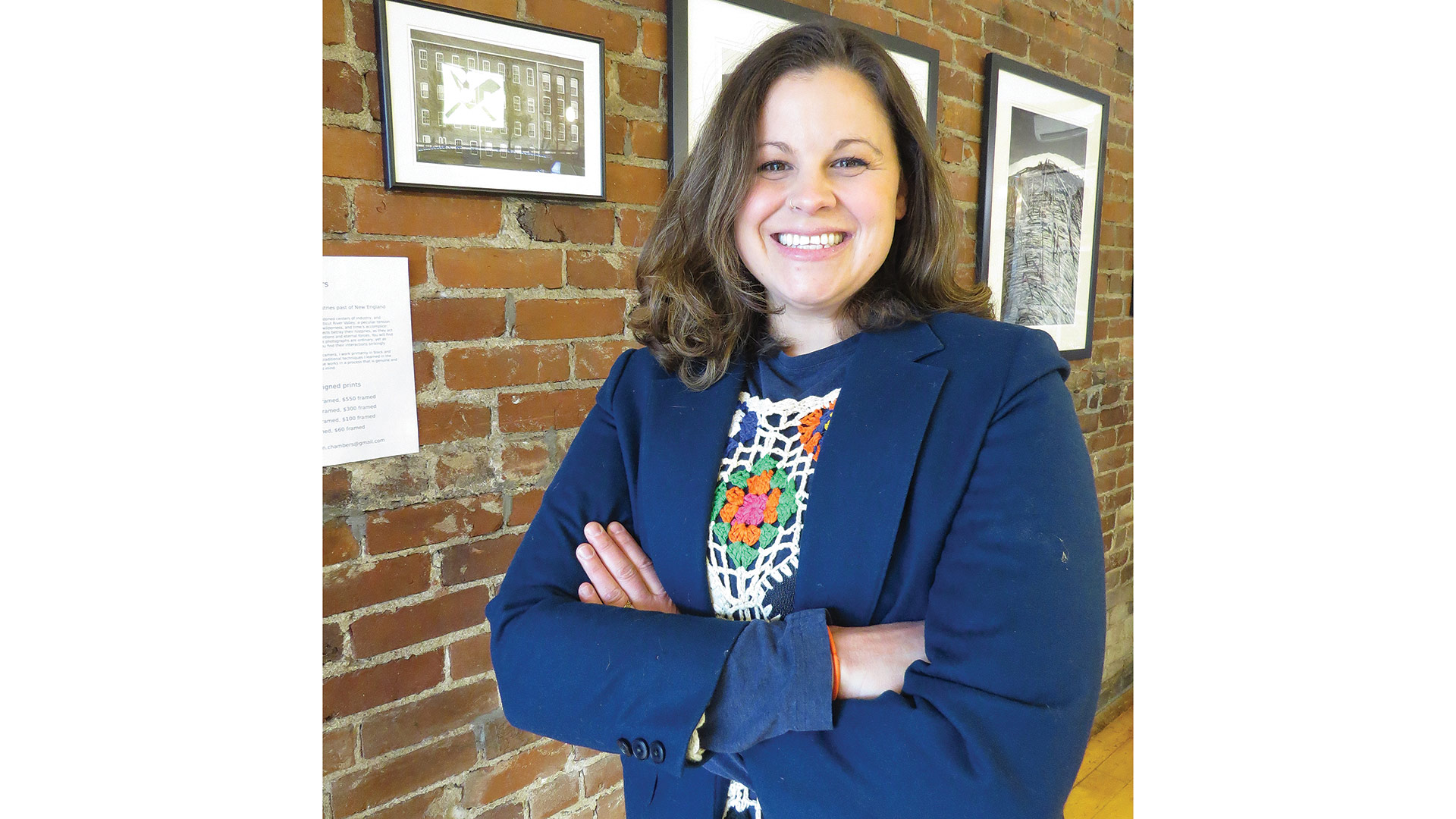



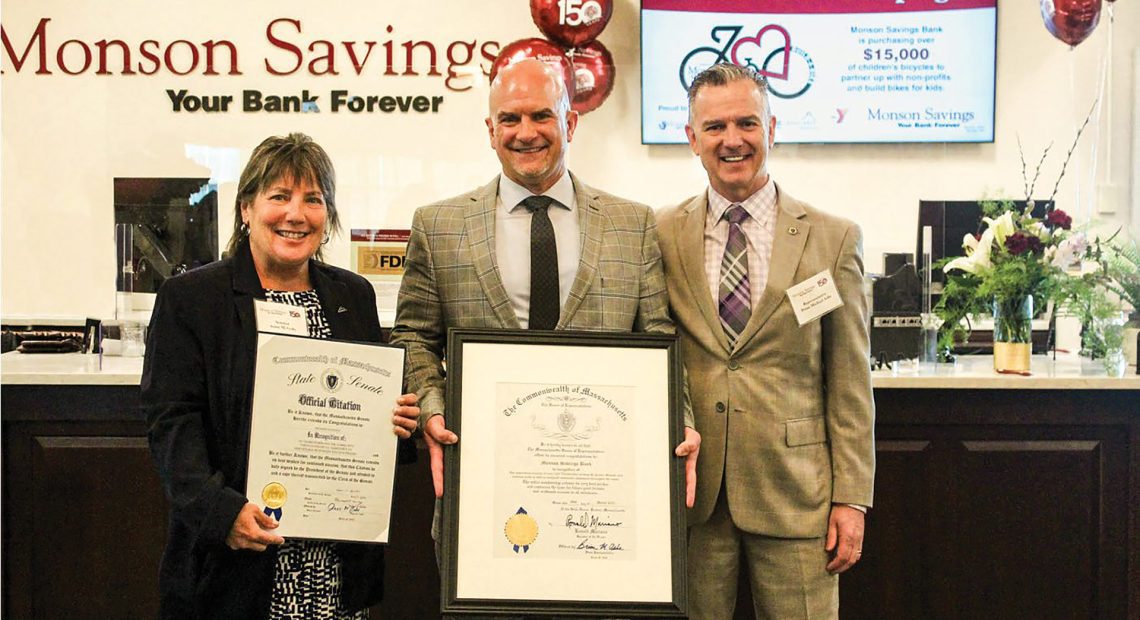
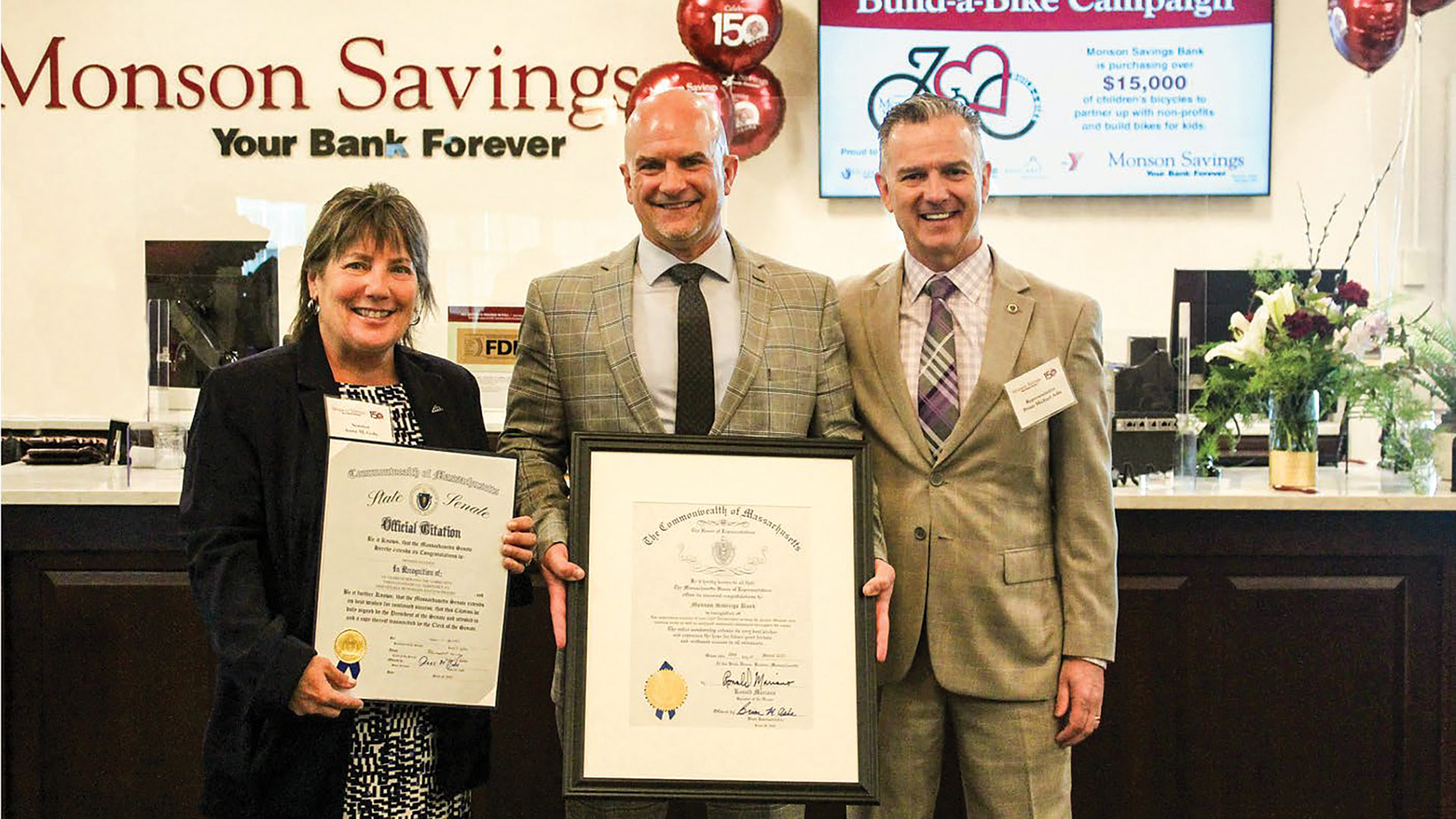
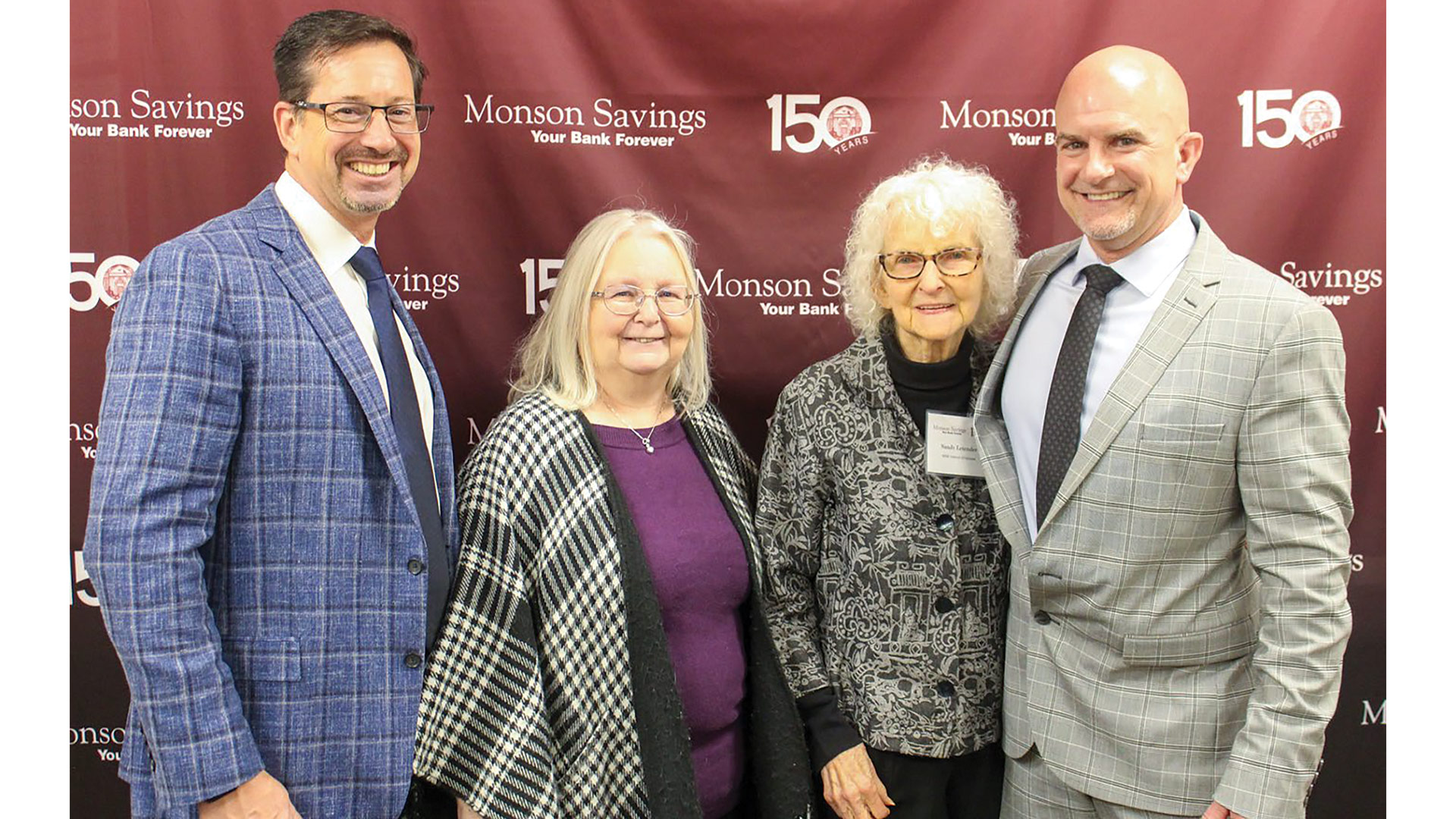
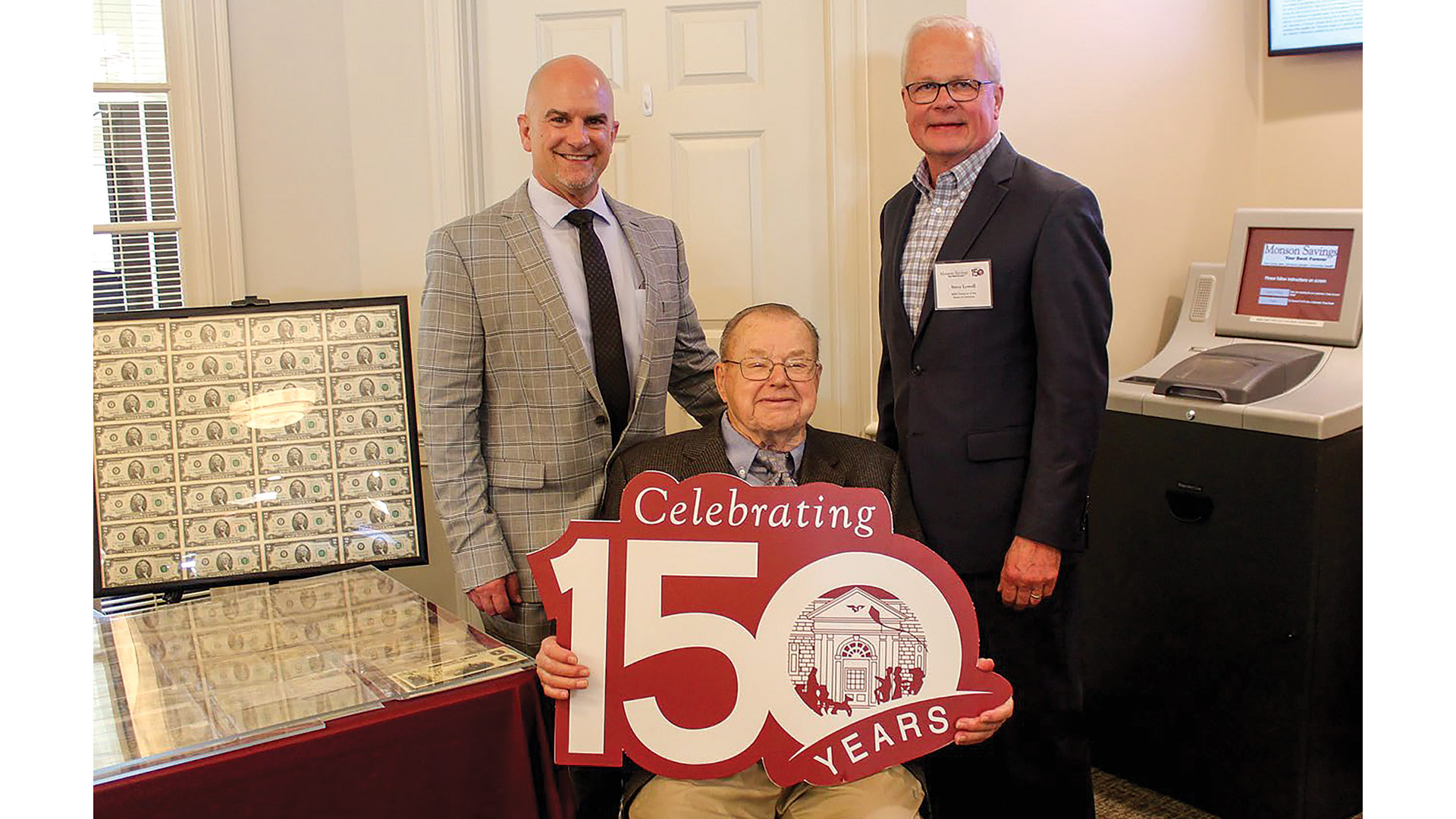
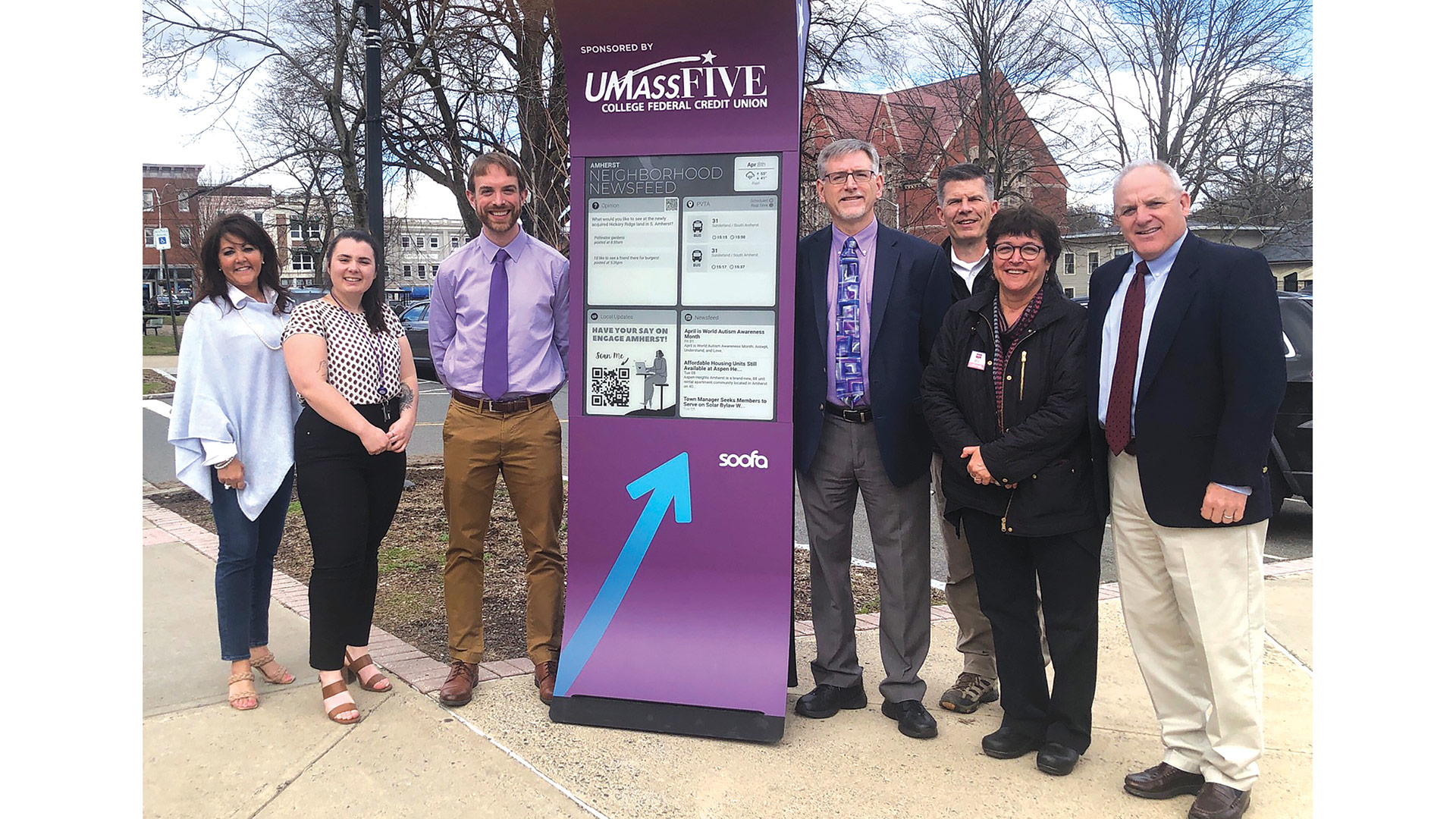

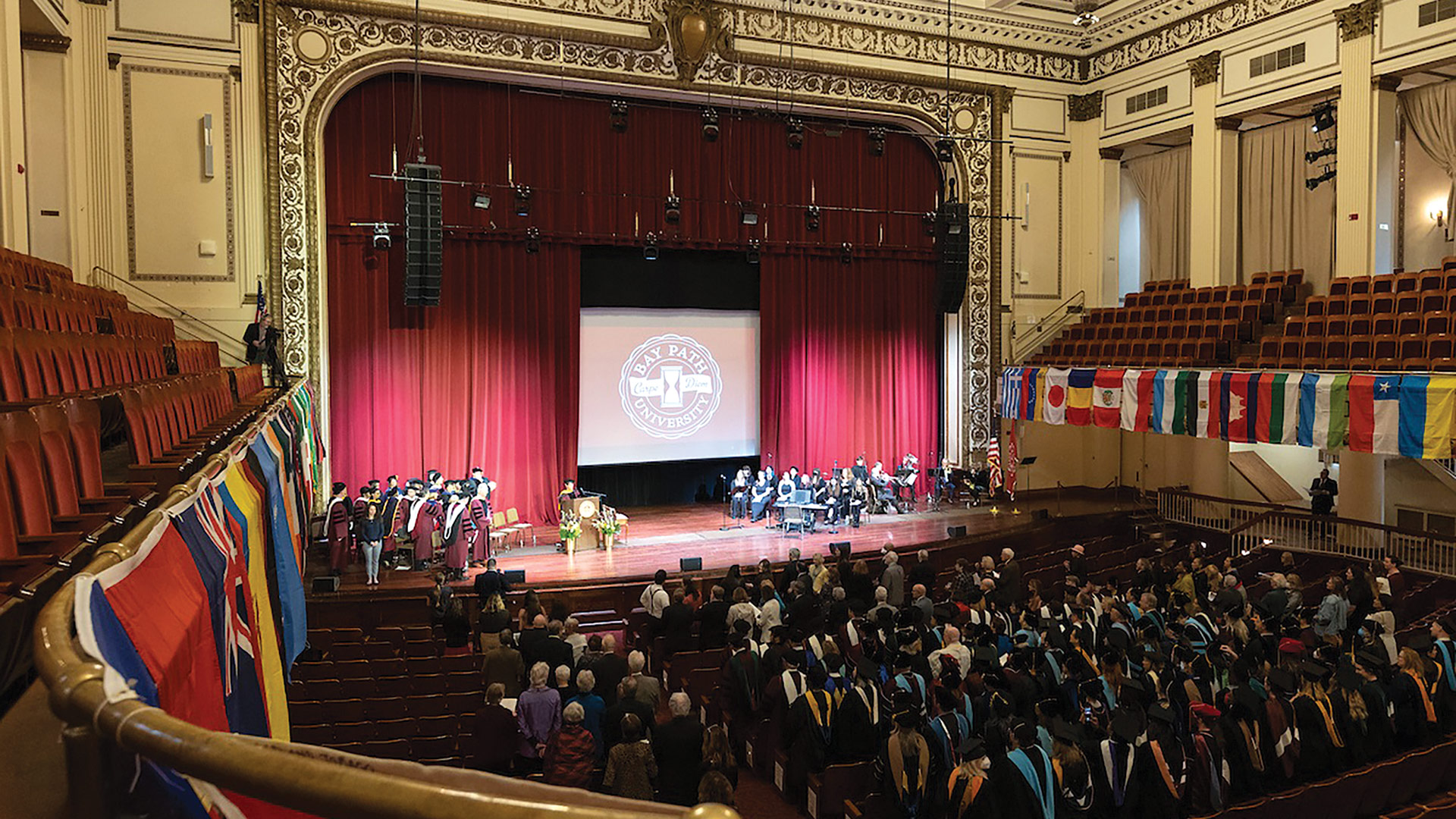
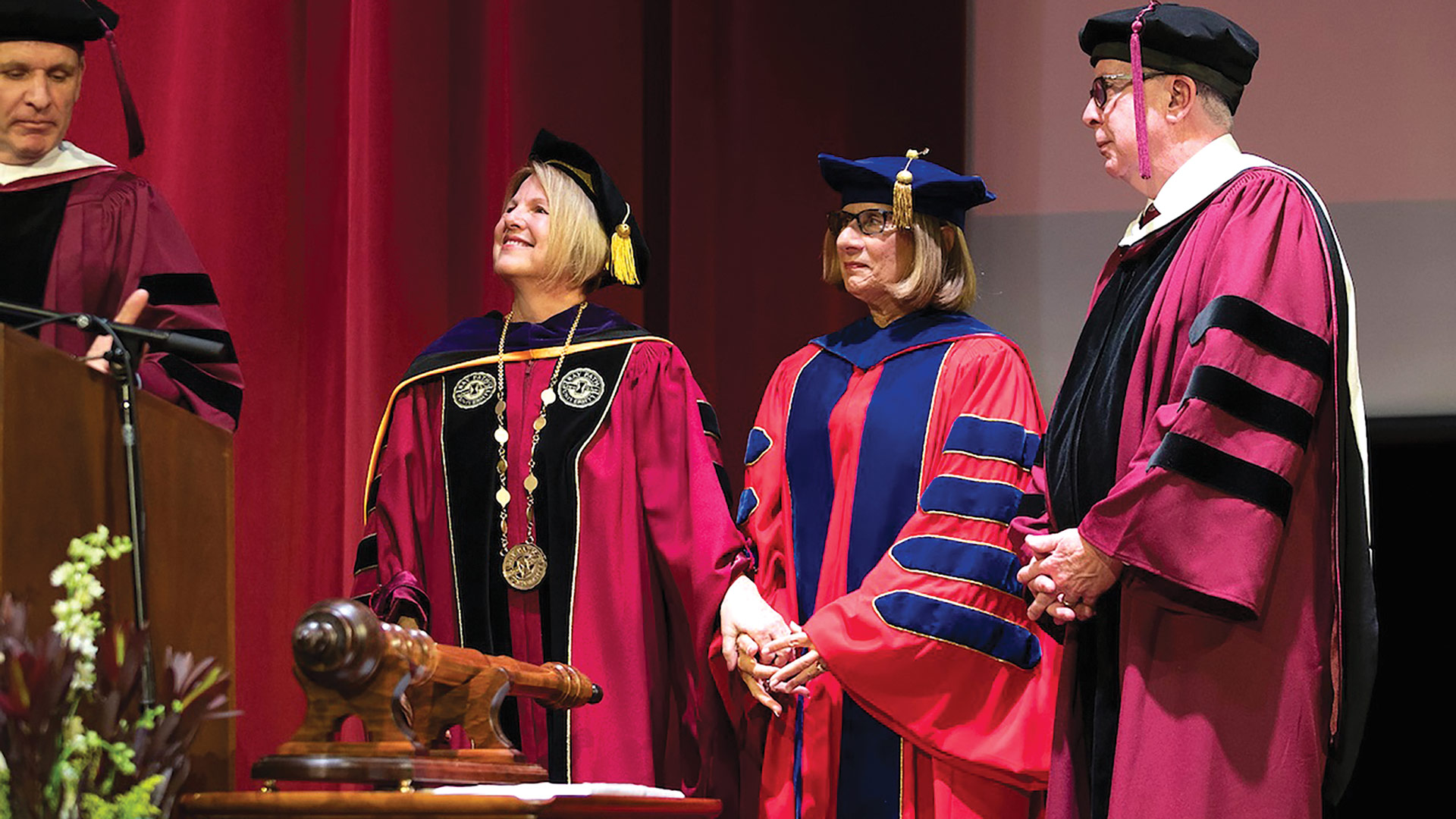
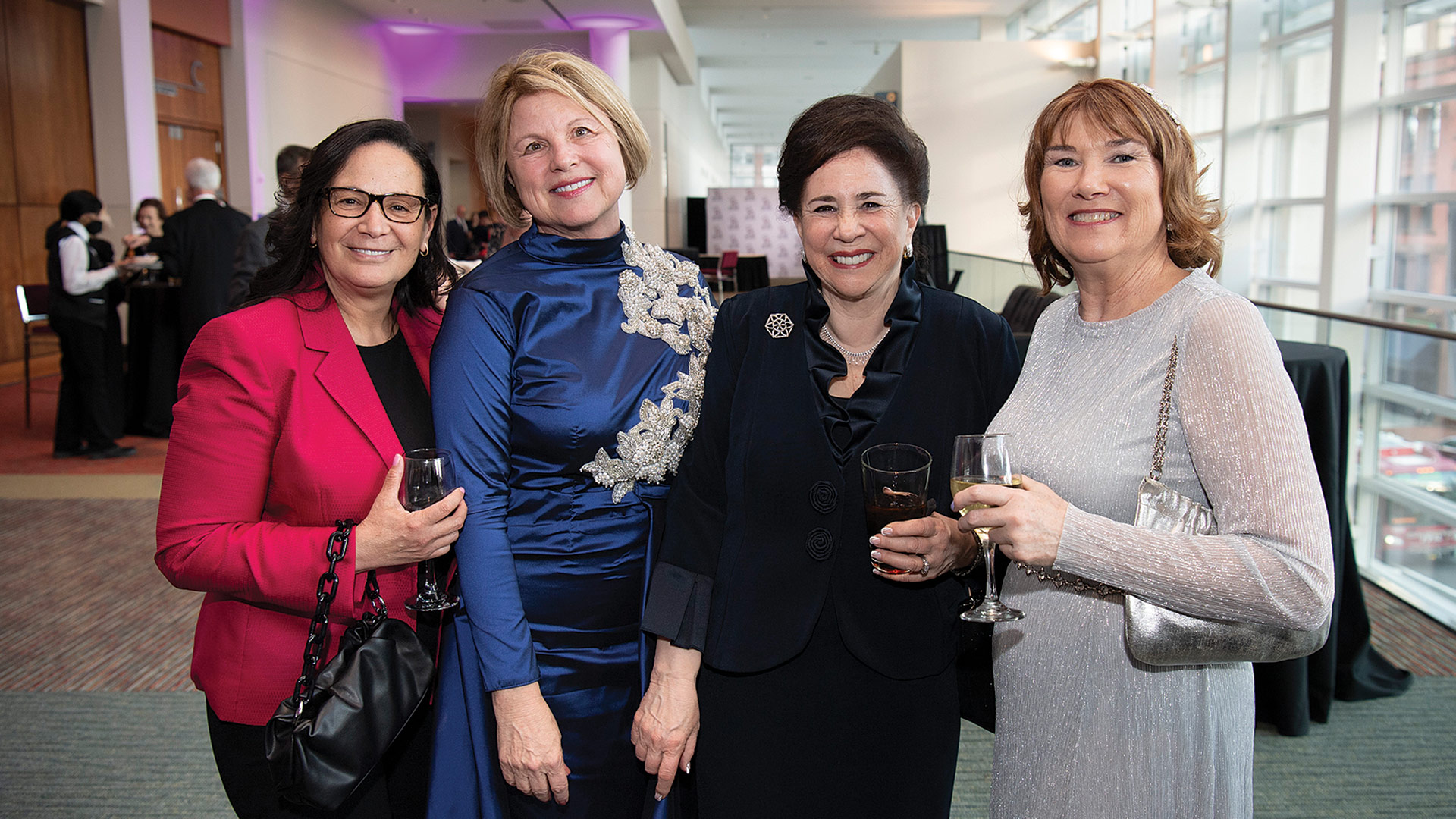




 MP CPAs recently announced the promotion of Melissa English to senior audit manager and Tim Provost to senior tax manager. English works with clients across a variety of industries, including nonprofits, manufacturers, distributors, and other small to medium-sized businesses. She is also the lead professional for the firm’s employee benefit-plan practice. She performs technical reviews of employee benefit-plan audits and is frequently called upon to assist with research regarding plan issues. Her experiences with benefit plans include working on Internal Revenue Service examinations, voluntary plan corrections, and self-corrections of plan errors. English joined the firm in 2001 and has more than 20 years of audit experience. She holds a bachelor’s degree in accounting from Westfield State University and is a member of the American Institute of Certified Public Accountants (AICPA) and AICPA’s Employee Benefit Plan Audit Quality Center. She is very active in the community as a volunteer board member of the Down Syndrome Resource Group of Western Massachusetts and the Chicopee Galaxy Youth Athletic Assoc., of which she is also a co-founder. Provost provides consulting and tax solutions to a diverse group of clients including individuals, partnerships, limited-liability companies, corporations, and trusts. He also has experience working with international affiliates on foreign tax issues, and specializes in working with high-net-worth clients and with private equity firms and their owners. Provost joined the firm in 2008 and has more than 13 years of experience in personal and business taxation. He holds a bachelor’s degree in accounting from Westfield State University and a master’s degree in accounting and taxation from American International College. He is a certified public accountant and a member of AICPA. He is very active in the community as a volunteer board member of the West Springfield Youth Basketball Assoc. and a volunteer youth basketball coach.
MP CPAs recently announced the promotion of Melissa English to senior audit manager and Tim Provost to senior tax manager. English works with clients across a variety of industries, including nonprofits, manufacturers, distributors, and other small to medium-sized businesses. She is also the lead professional for the firm’s employee benefit-plan practice. She performs technical reviews of employee benefit-plan audits and is frequently called upon to assist with research regarding plan issues. Her experiences with benefit plans include working on Internal Revenue Service examinations, voluntary plan corrections, and self-corrections of plan errors. English joined the firm in 2001 and has more than 20 years of audit experience. She holds a bachelor’s degree in accounting from Westfield State University and is a member of the American Institute of Certified Public Accountants (AICPA) and AICPA’s Employee Benefit Plan Audit Quality Center. She is very active in the community as a volunteer board member of the Down Syndrome Resource Group of Western Massachusetts and the Chicopee Galaxy Youth Athletic Assoc., of which she is also a co-founder. Provost provides consulting and tax solutions to a diverse group of clients including individuals, partnerships, limited-liability companies, corporations, and trusts. He also has experience working with international affiliates on foreign tax issues, and specializes in working with high-net-worth clients and with private equity firms and their owners. Provost joined the firm in 2008 and has more than 13 years of experience in personal and business taxation. He holds a bachelor’s degree in accounting from Westfield State University and a master’s degree in accounting and taxation from American International College. He is a certified public accountant and a member of AICPA. He is very active in the community as a volunteer board member of the West Springfield Youth Basketball Assoc. and a volunteer youth basketball coach.
 American International College (AIC) has appointed Michael Dodge associate vice president for Academic Affairs following a national search. Dodge has been with AIC since 2018, previously serving as dean of Student Success and Opportunity. As dean, he had oversight of the tutoring and advising programs on campus and the James J. Shea Memorial Library, and was instrumental in the success of the AIC’s Plan for Excellence (APEX) program for students, serving as director of the program. In addition, he served as the principal investigator for the U.S. Department of Education Title III Grant program. While maintaining several of his previous responsibilities, as the associate vice president for Academic Affairs, Dodge will serve as the chief of staff to the executive vice president for Academic Affairs (EVPAA), including responsibility for day-to-day operational support for all areas reporting to the EVPAA, including the schools of Business Arts and Sciences, Education, and Health Sciences. Among his many areas of responsibility, Dodge will represent the Office of Academic Affairs to internal and external constituencies to develop comprehensive and integrative structures and processes to support student success and timely graduation. In addition, he will assist in the institution’s assessment processes and support development of meaningful and measurable institution, program, and course student-learning outcomes. He will research and analyze new program proposals from concept to market. Prior to joining AIC, Dodge worked for more than a decade at UMass Amherst in a variety of teaching and administrative roles. He earned his doctorate in educational policy, leadership, and administration at UMass Amherst after first earning his master’s degree in student affairs in higher education from the Indiana University of Pennsylvania and his bachelor’s degree in secondary education and English at the State University of New York Oswego.
American International College (AIC) has appointed Michael Dodge associate vice president for Academic Affairs following a national search. Dodge has been with AIC since 2018, previously serving as dean of Student Success and Opportunity. As dean, he had oversight of the tutoring and advising programs on campus and the James J. Shea Memorial Library, and was instrumental in the success of the AIC’s Plan for Excellence (APEX) program for students, serving as director of the program. In addition, he served as the principal investigator for the U.S. Department of Education Title III Grant program. While maintaining several of his previous responsibilities, as the associate vice president for Academic Affairs, Dodge will serve as the chief of staff to the executive vice president for Academic Affairs (EVPAA), including responsibility for day-to-day operational support for all areas reporting to the EVPAA, including the schools of Business Arts and Sciences, Education, and Health Sciences. Among his many areas of responsibility, Dodge will represent the Office of Academic Affairs to internal and external constituencies to develop comprehensive and integrative structures and processes to support student success and timely graduation. In addition, he will assist in the institution’s assessment processes and support development of meaningful and measurable institution, program, and course student-learning outcomes. He will research and analyze new program proposals from concept to market. Prior to joining AIC, Dodge worked for more than a decade at UMass Amherst in a variety of teaching and administrative roles. He earned his doctorate in educational policy, leadership, and administration at UMass Amherst after first earning his master’s degree in student affairs in higher education from the Indiana University of Pennsylvania and his bachelor’s degree in secondary education and English at the State University of New York Oswego.
 The New England Financial Marketing Assoc. (NEFMA) welcomed Mary Cate Mannion, a digital PR analyst for Garvey Communication Associates Inc. and producer for New England Corporate Video, as the keynote presenter for its virtual Awards Show on Feb. 11. The event featured the winners of awards for the most creative, innovative, and successful campaigns across several different financial-services categories. Mannion’s presentation, “What’s Old Is New: How the Age-old Art of Storytelling Will Set Your Existing Media Channels on Fire,” explained how brands can generate meaningful and measurable engagement while shedding all that extra budget weight of meaningless and empty impressions. Included in her presentation were best-practice examples from HarborOne Bank, Mascoma Bank, Monson Savings Bank, Needham Bank, and PeoplesBank. Mannion has worked in the Holyoke-Springfield DMA as an anchor/reporter for ABC, CBS, and FOX News affiliates; in Bismarck, N.D. as an anchor/reporter for an NBC News affiliate; and in Portland, Maine as a reporter for an ABC News affiliate. She won a Broadcaster’s Award for her work and was nominated for two Midwest Emmy Awards. She is a graduate of Emerson College, where she earned a bachelor’s degree in broadcast journalism. She is also currently a board member of the Willie Ross School for the Deaf and a member of Women in Film & Video New England.
The New England Financial Marketing Assoc. (NEFMA) welcomed Mary Cate Mannion, a digital PR analyst for Garvey Communication Associates Inc. and producer for New England Corporate Video, as the keynote presenter for its virtual Awards Show on Feb. 11. The event featured the winners of awards for the most creative, innovative, and successful campaigns across several different financial-services categories. Mannion’s presentation, “What’s Old Is New: How the Age-old Art of Storytelling Will Set Your Existing Media Channels on Fire,” explained how brands can generate meaningful and measurable engagement while shedding all that extra budget weight of meaningless and empty impressions. Included in her presentation were best-practice examples from HarborOne Bank, Mascoma Bank, Monson Savings Bank, Needham Bank, and PeoplesBank. Mannion has worked in the Holyoke-Springfield DMA as an anchor/reporter for ABC, CBS, and FOX News affiliates; in Bismarck, N.D. as an anchor/reporter for an NBC News affiliate; and in Portland, Maine as a reporter for an ABC News affiliate. She won a Broadcaster’s Award for her work and was nominated for two Midwest Emmy Awards. She is a graduate of Emerson College, where she earned a bachelor’s degree in broadcast journalism. She is also currently a board member of the Willie Ross School for the Deaf and a member of Women in Film & Video New England.



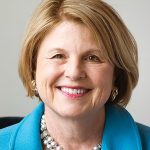












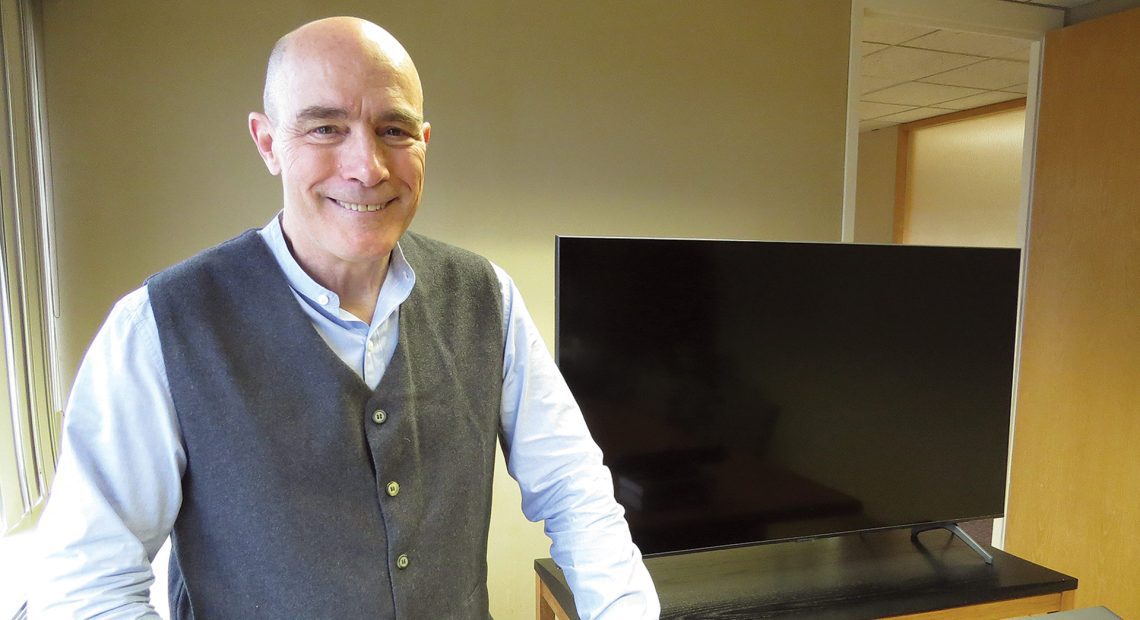
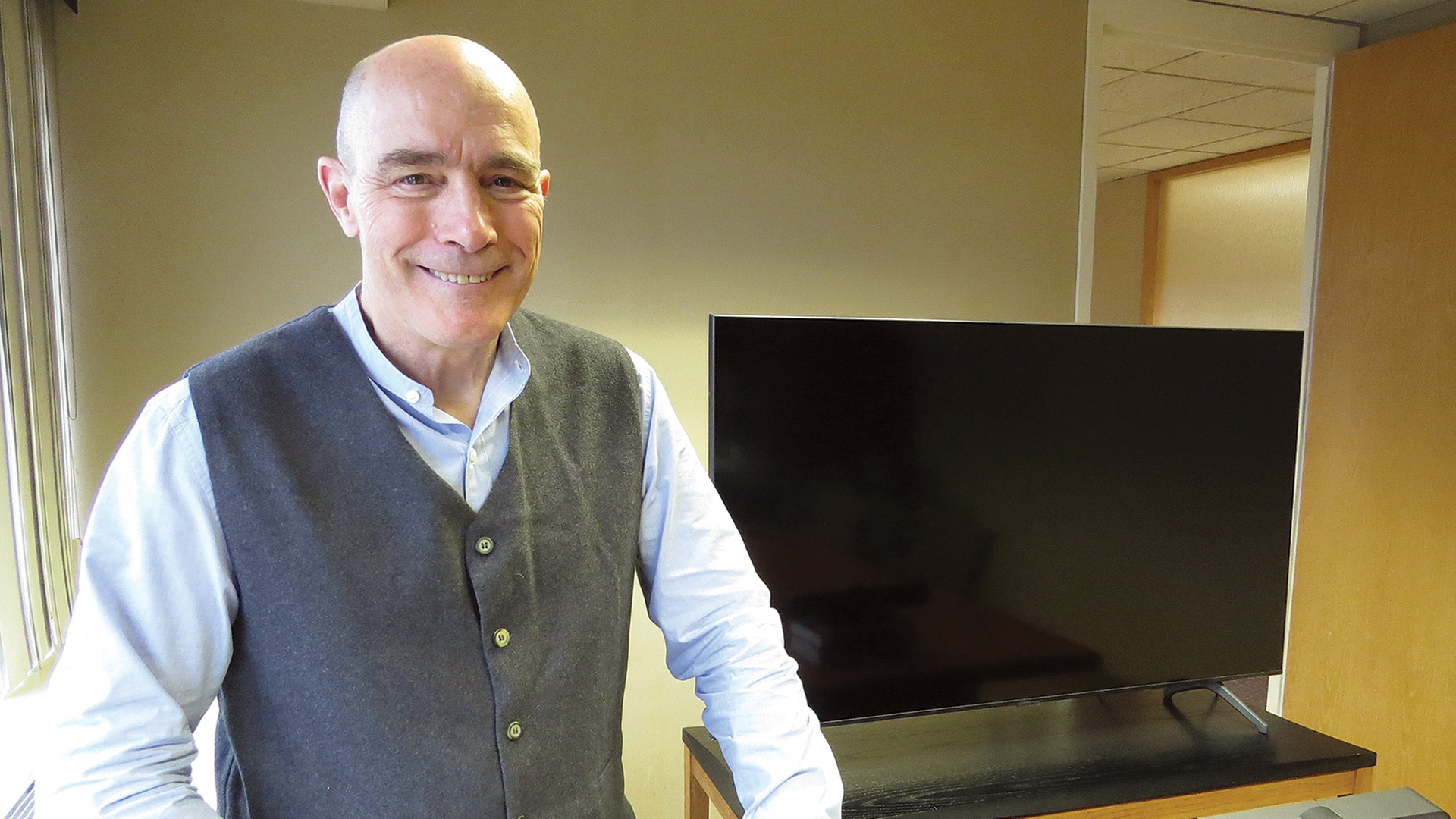
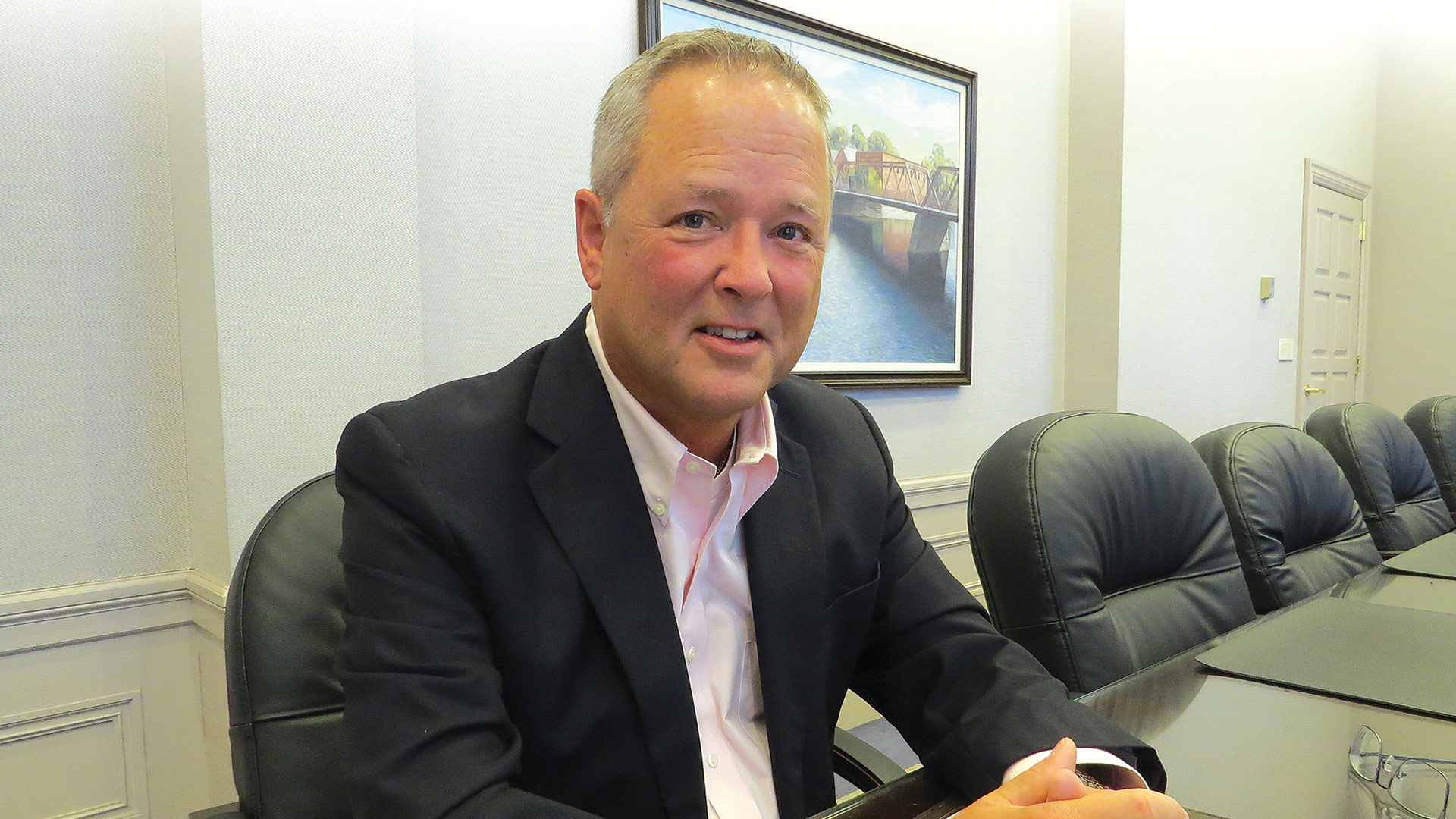

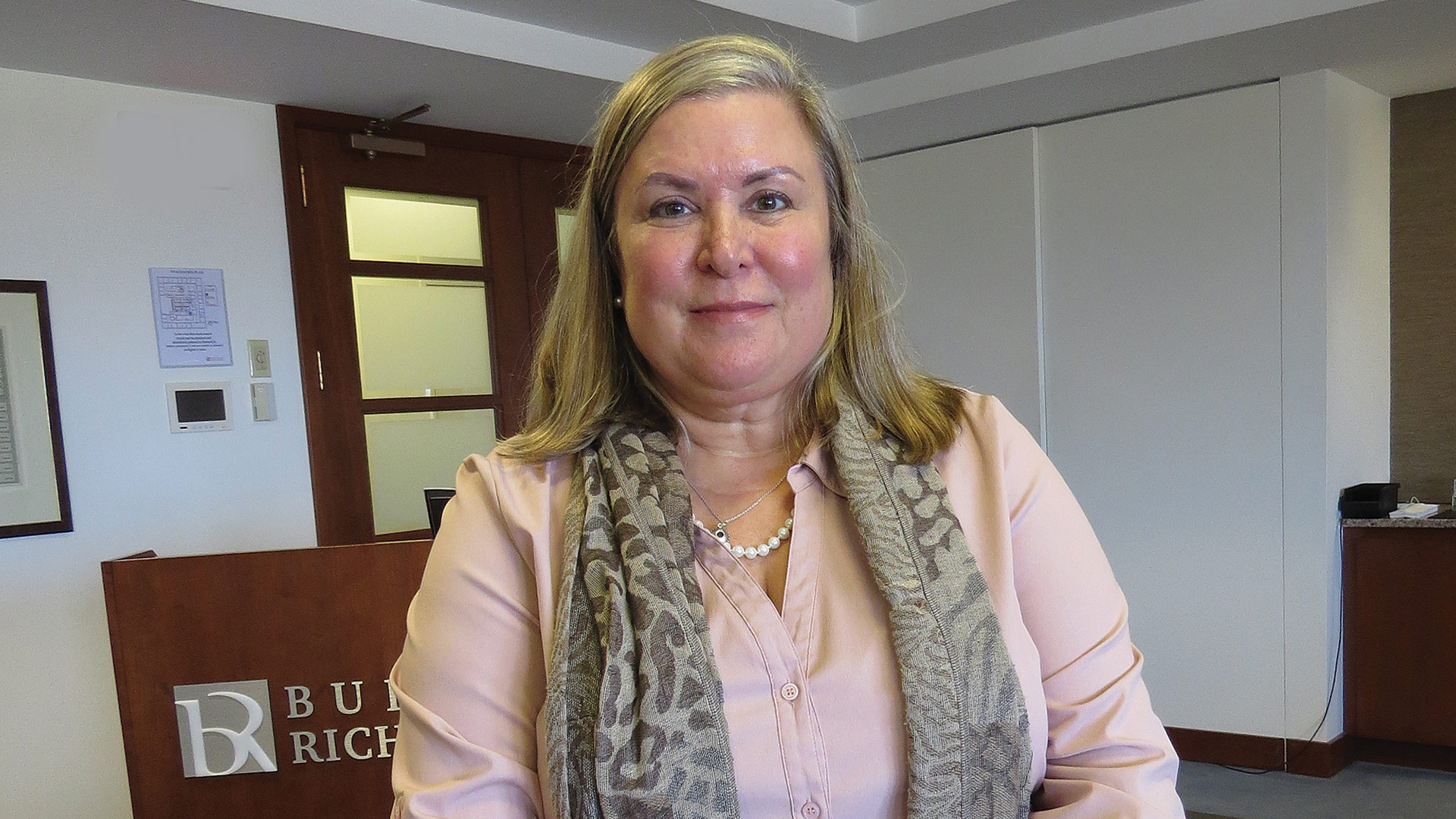


 “Employees are demanding more from their current and potential employers. Companies should be very careful to pay attention to the change in dynamics if they want to retain or attract new talent to their workforces.”
“Employees are demanding more from their current and potential employers. Companies should be very careful to pay attention to the change in dynamics if they want to retain or attract new talent to their workforces.” “What’s my phone book? What’s the thing in my business that is still antiquated and should have been replaced by now?”
“What’s my phone book? What’s the thing in my business that is still antiquated and should have been replaced by now?”

